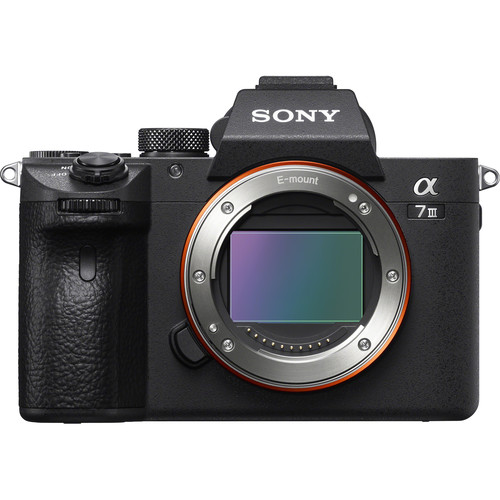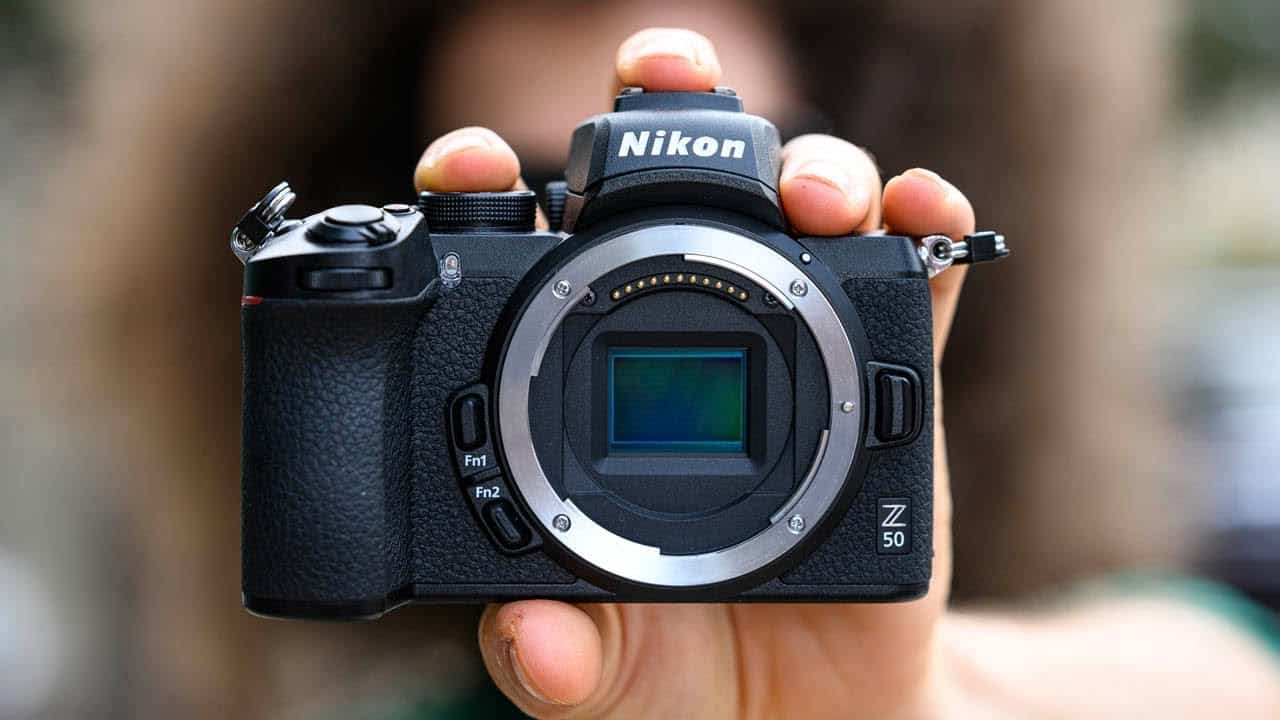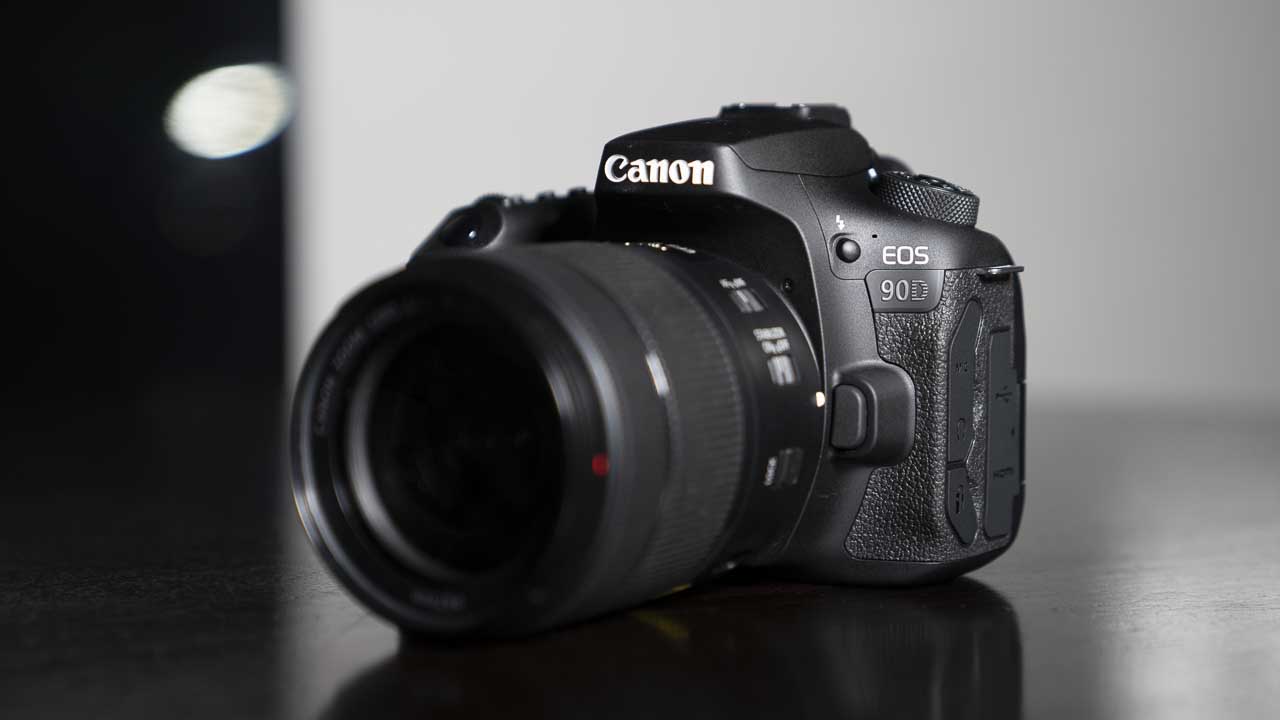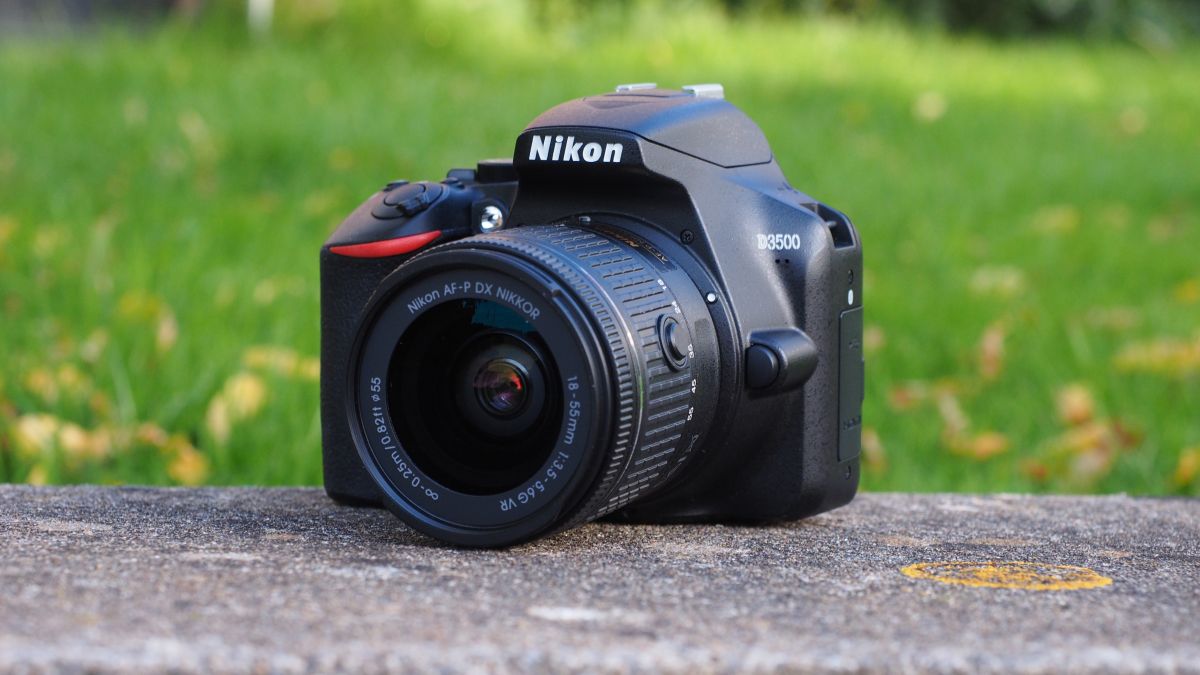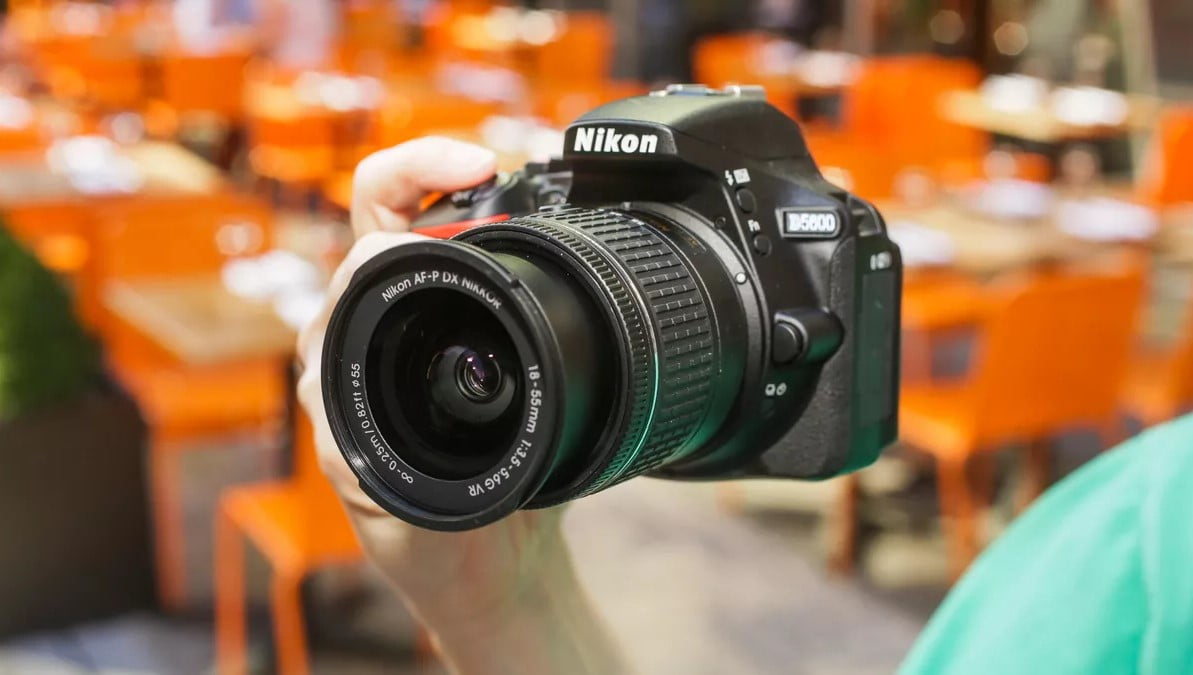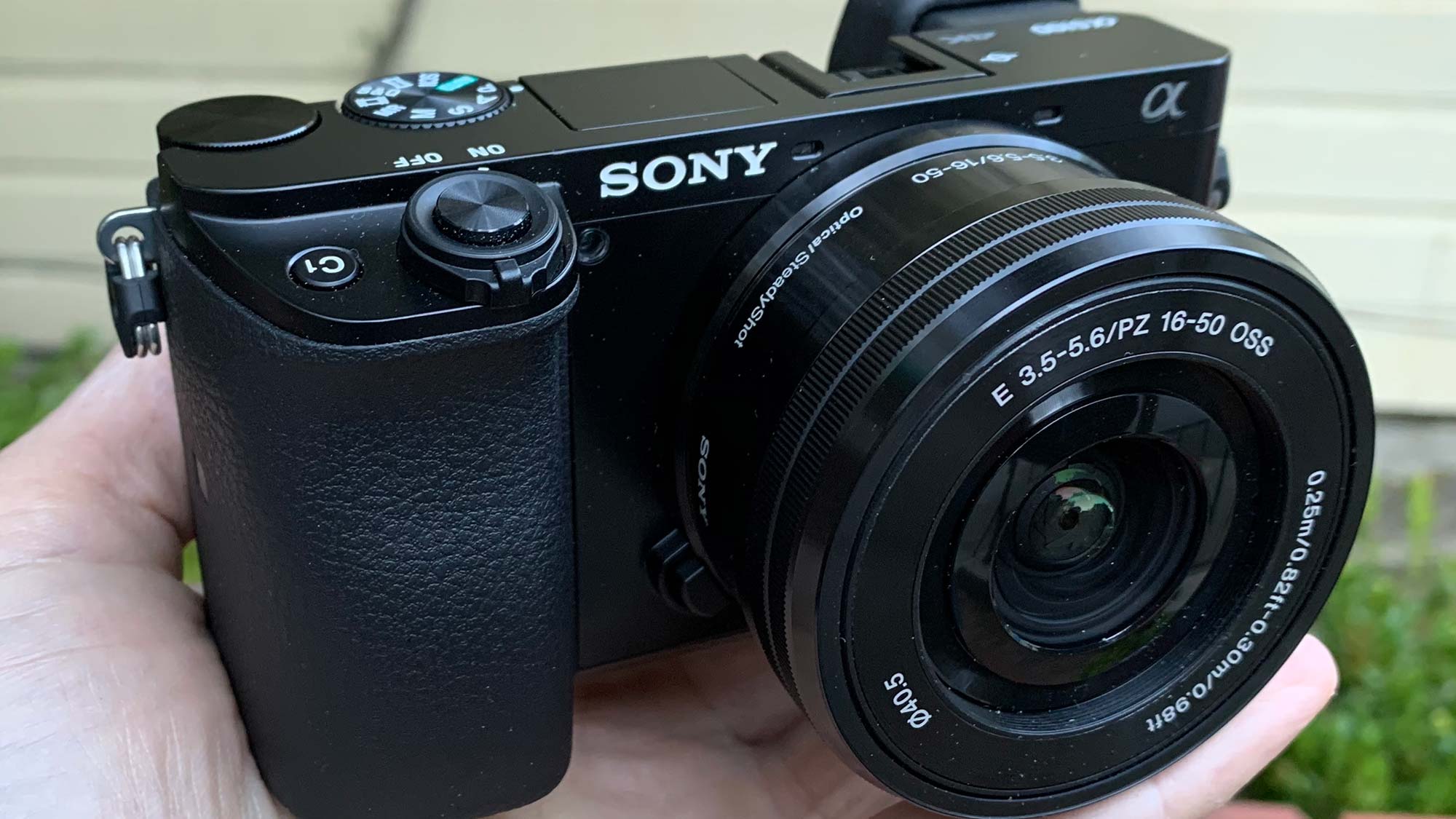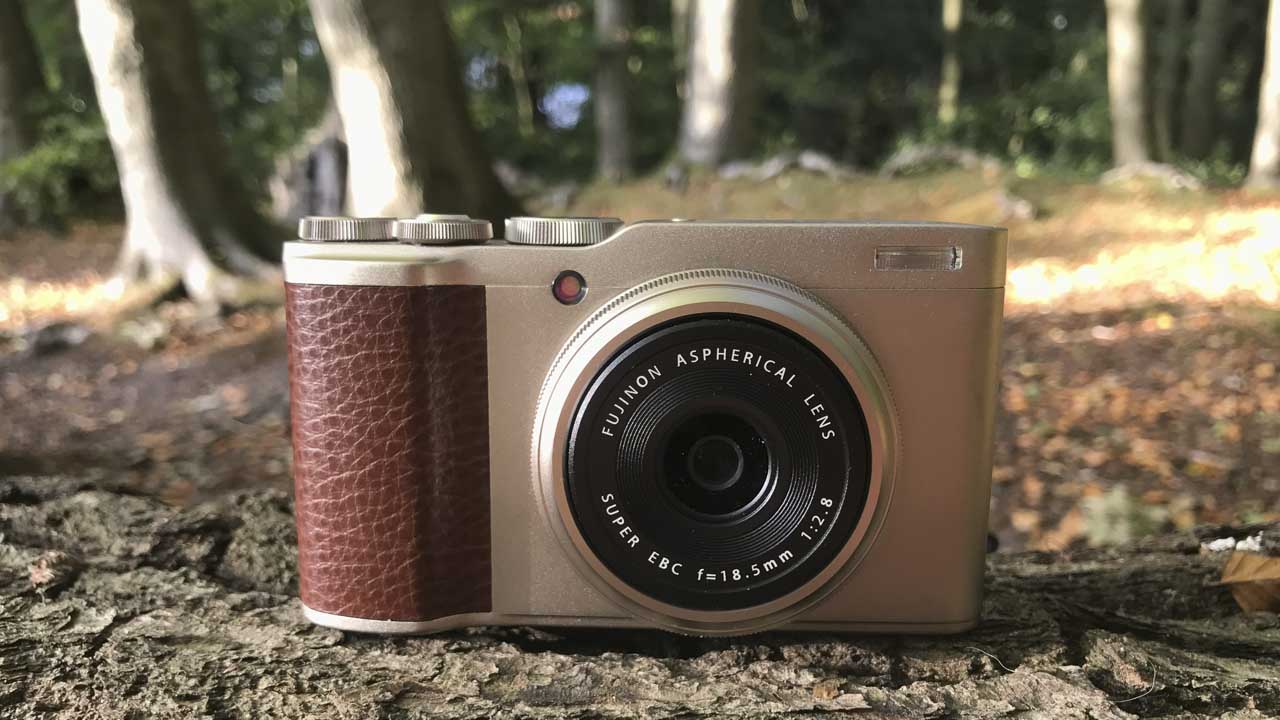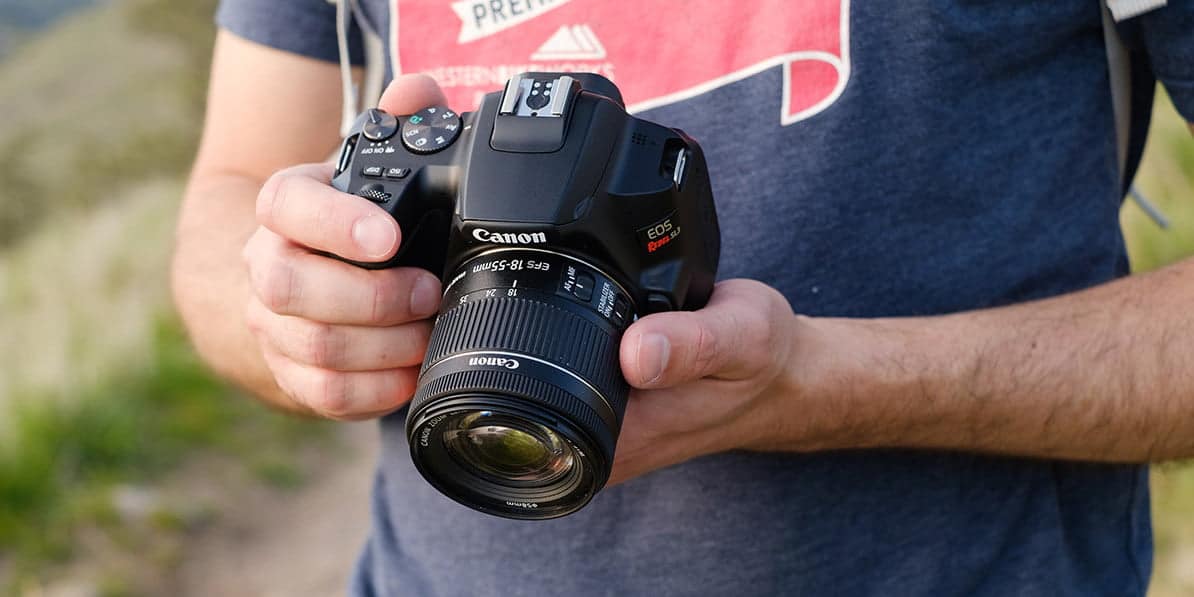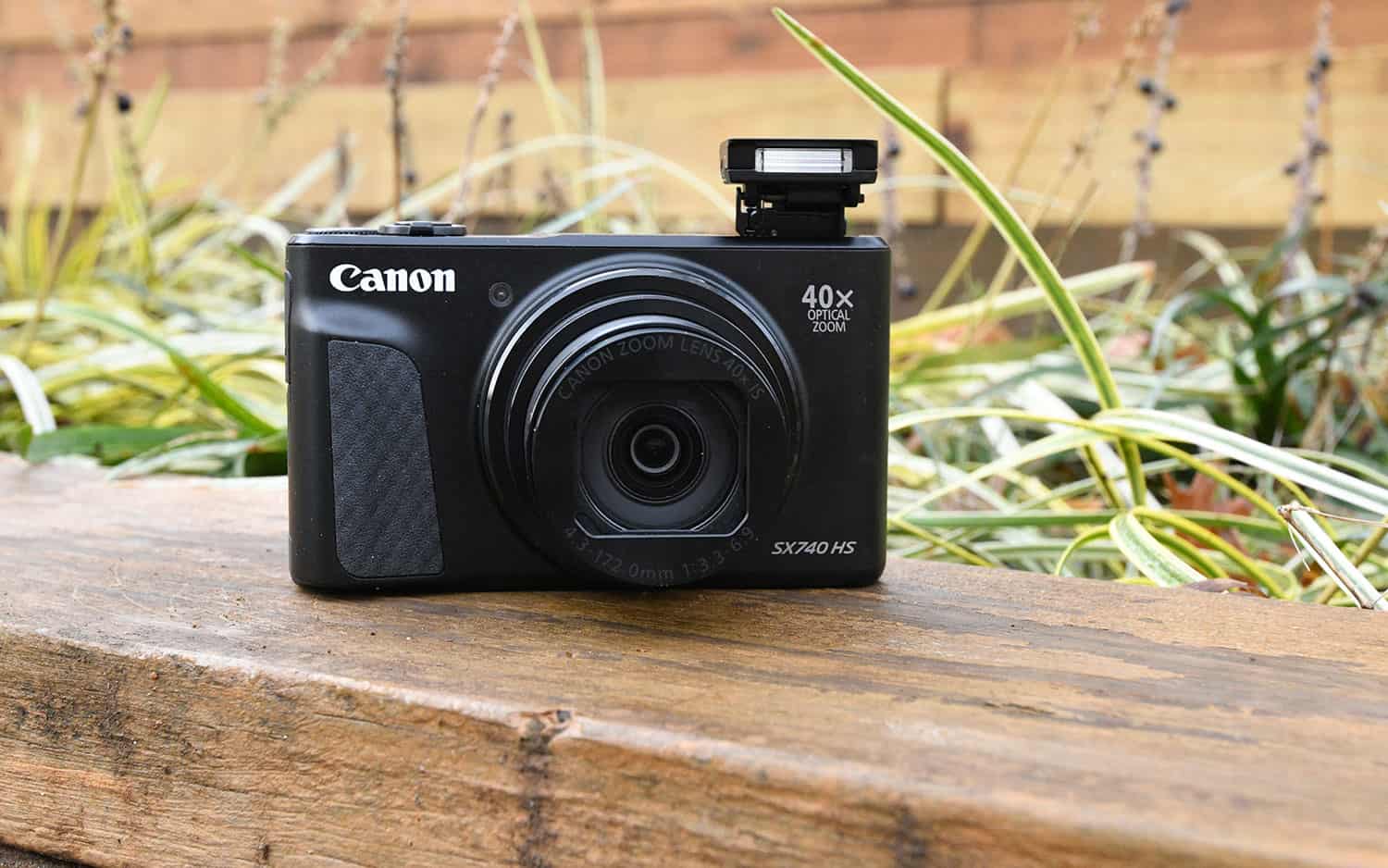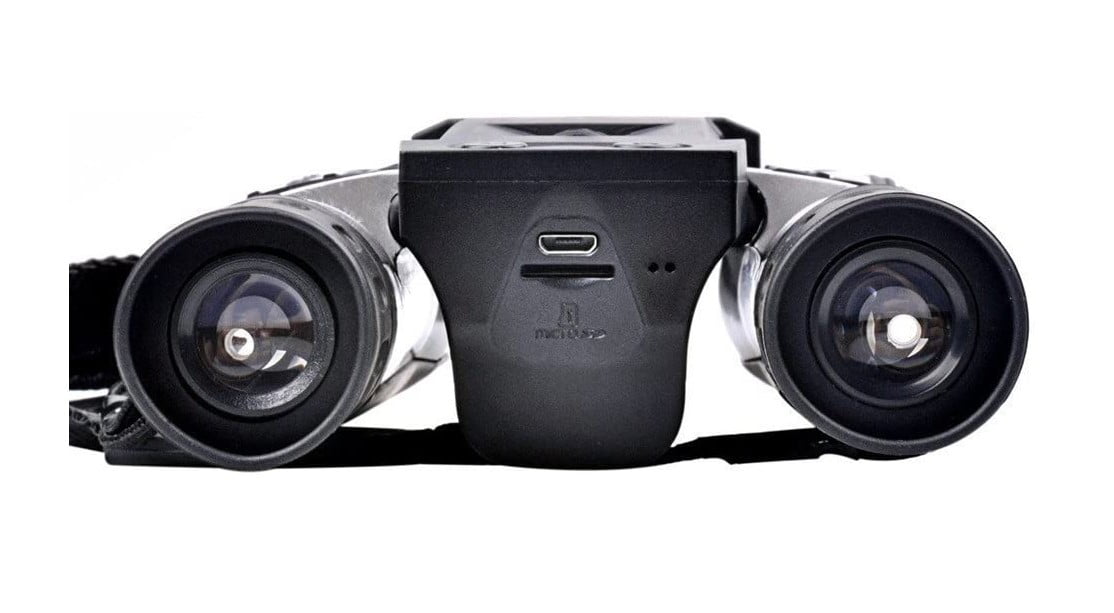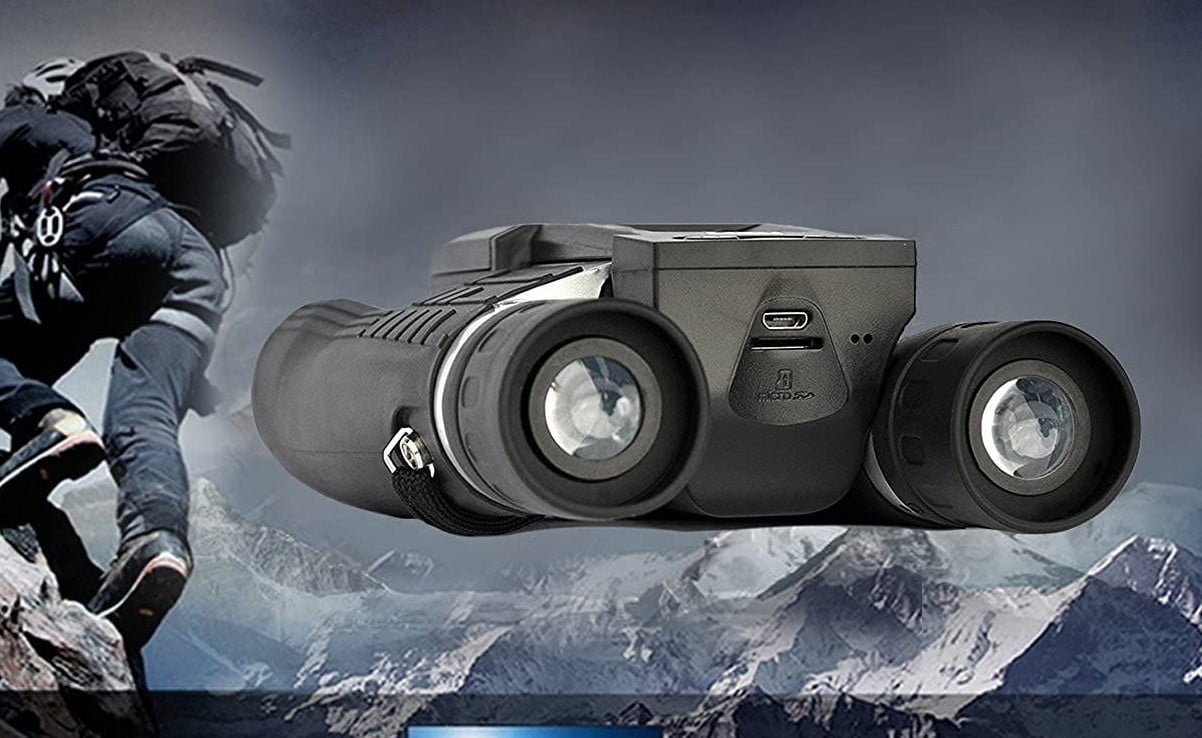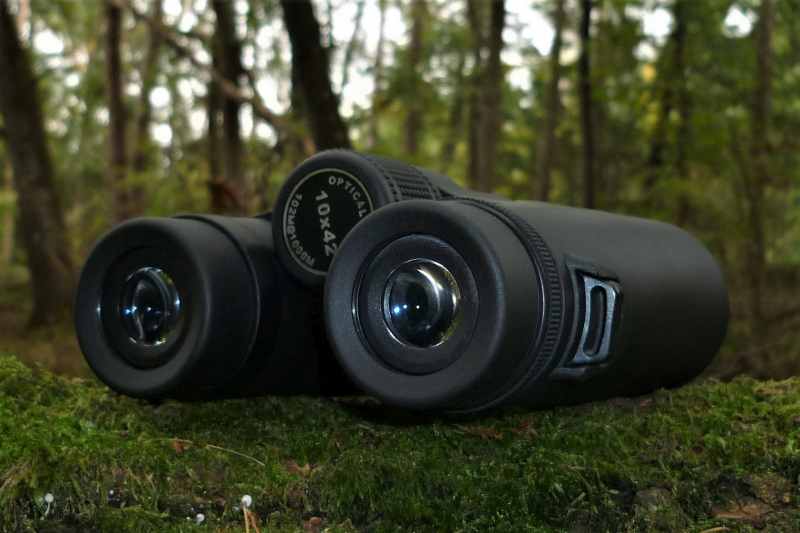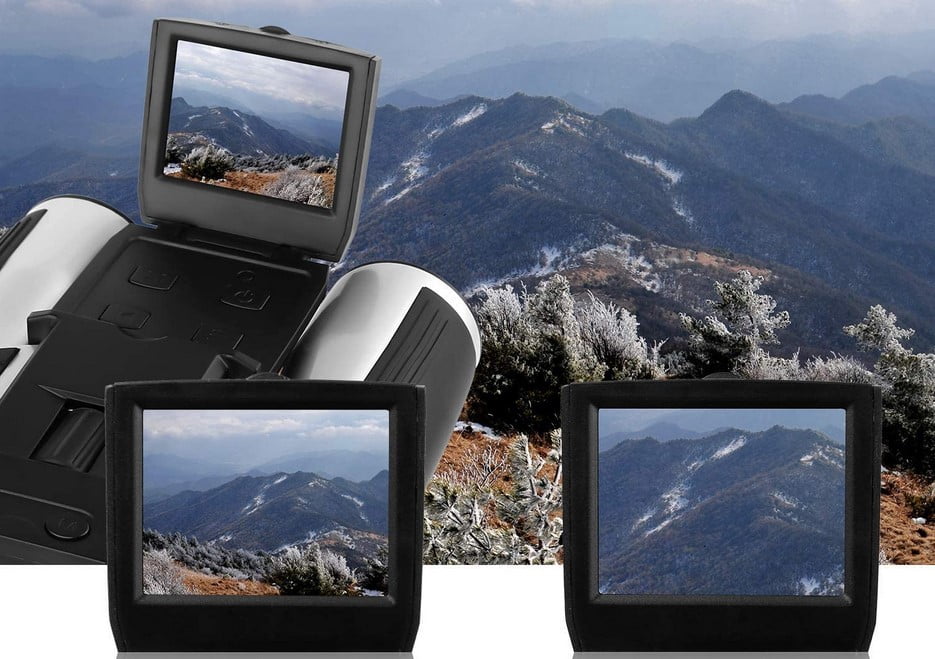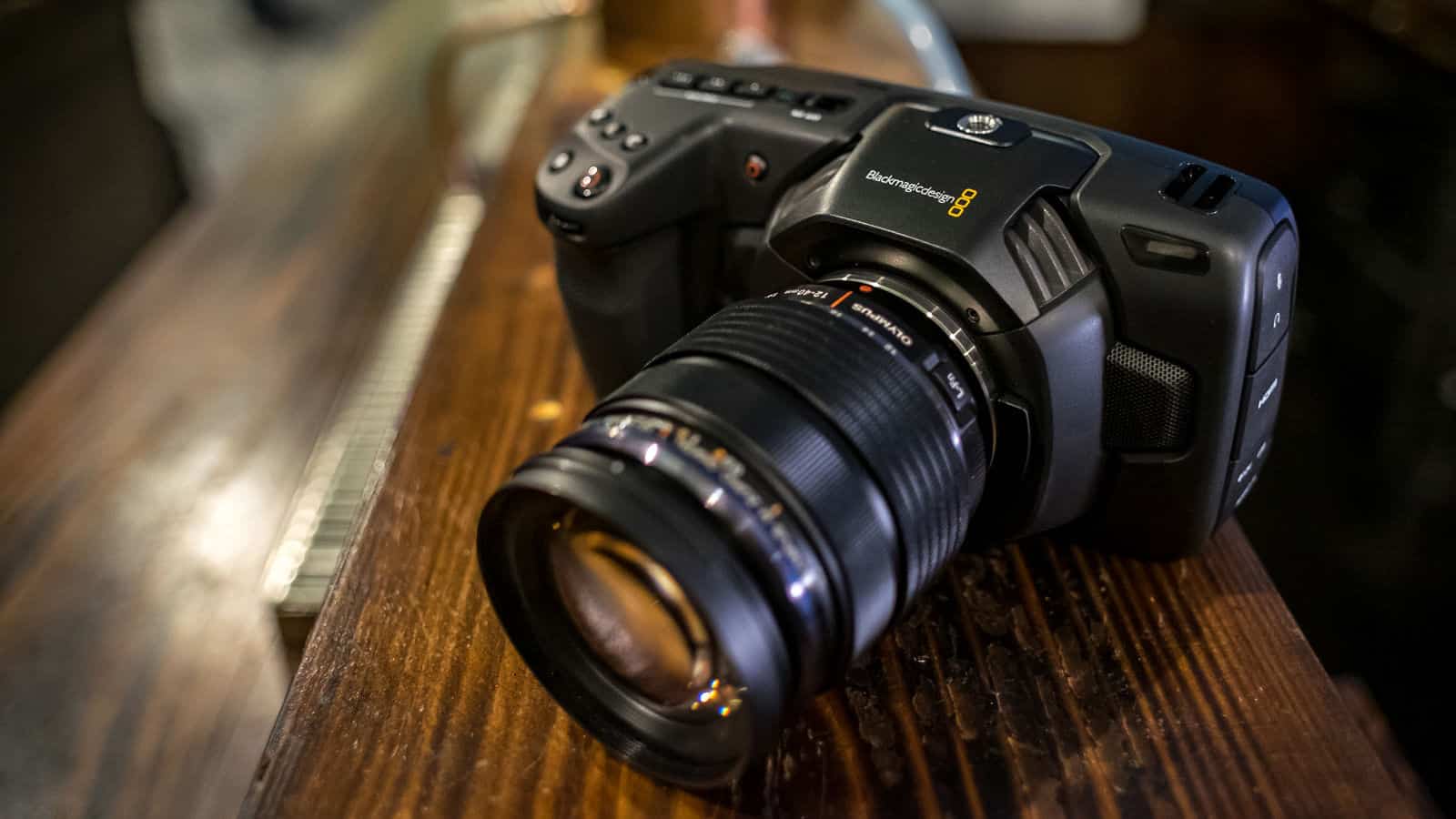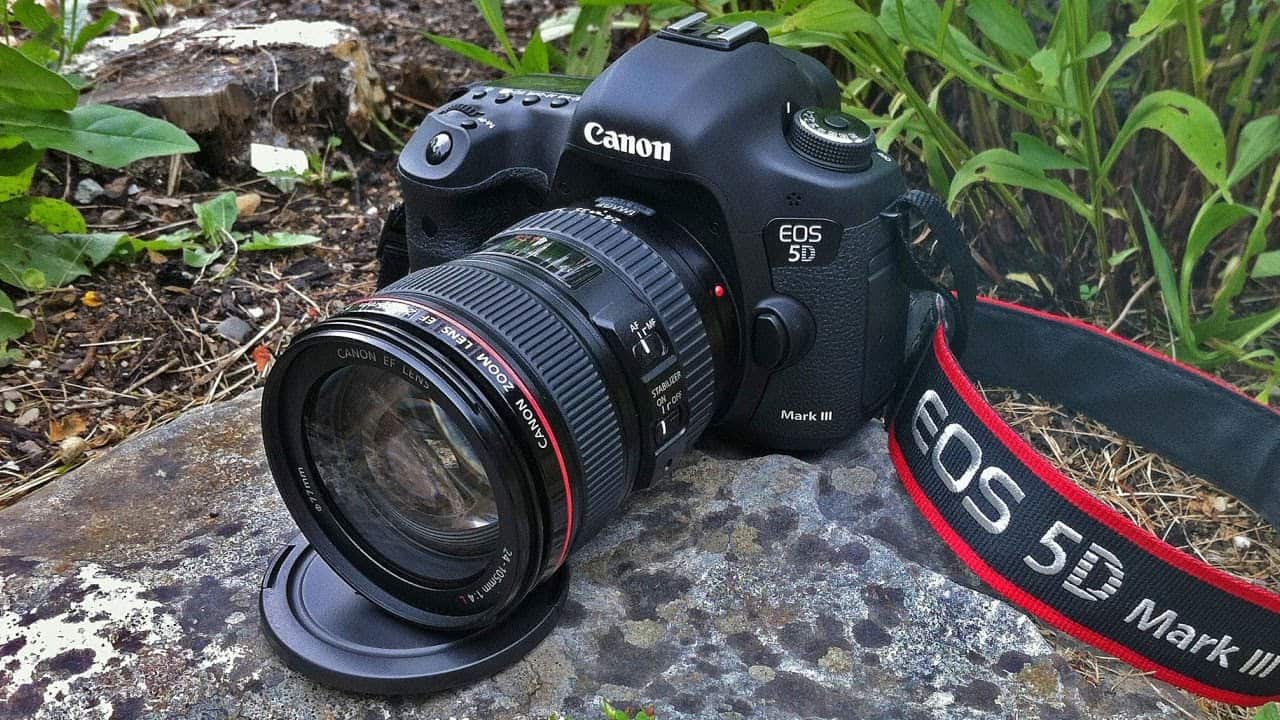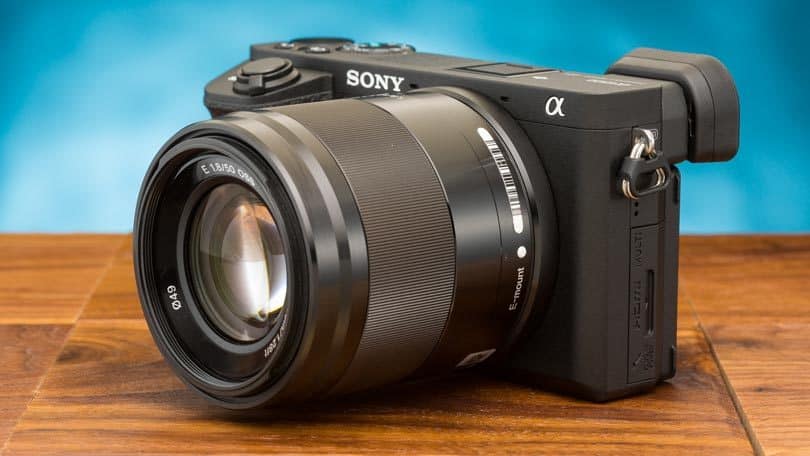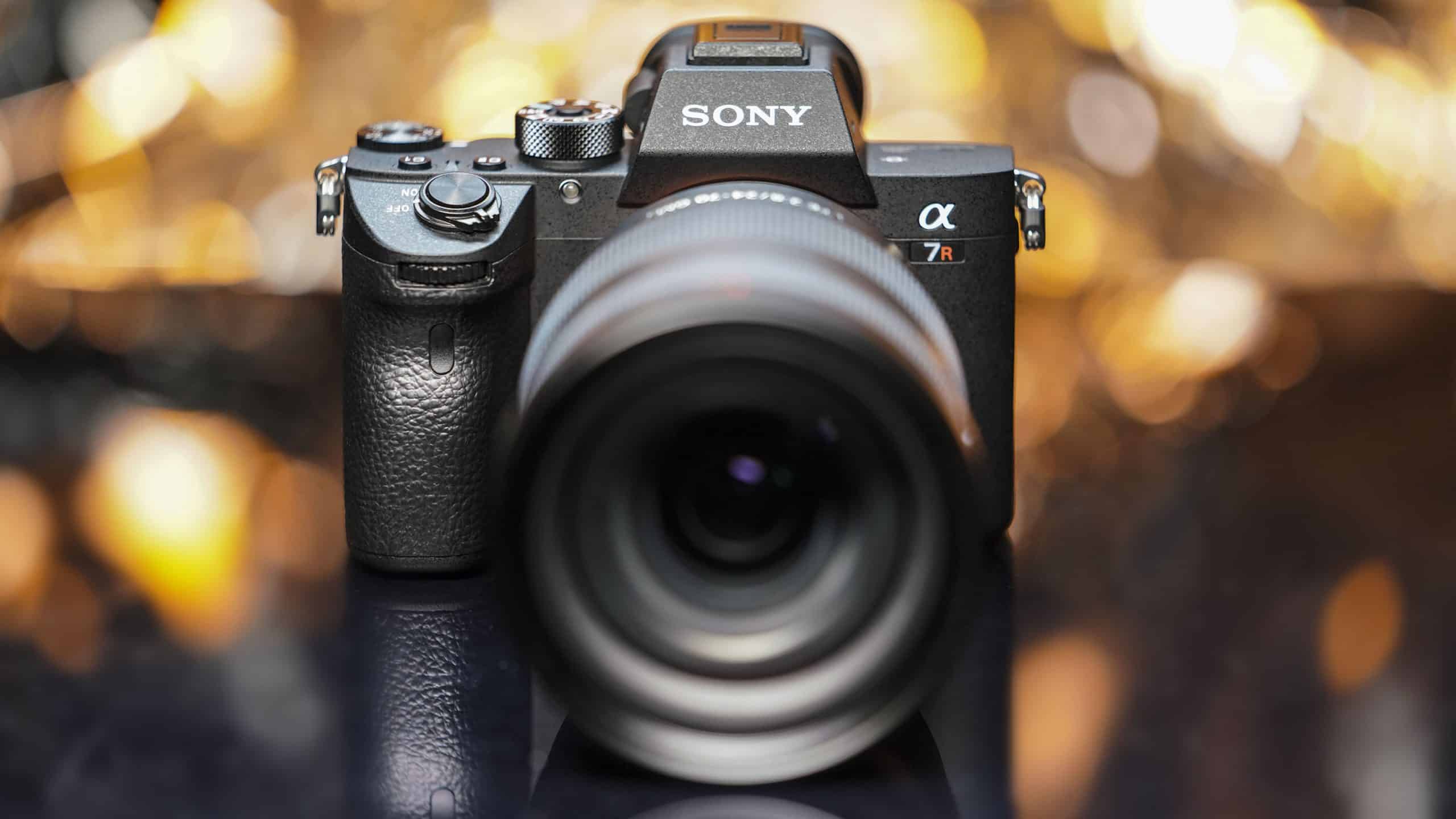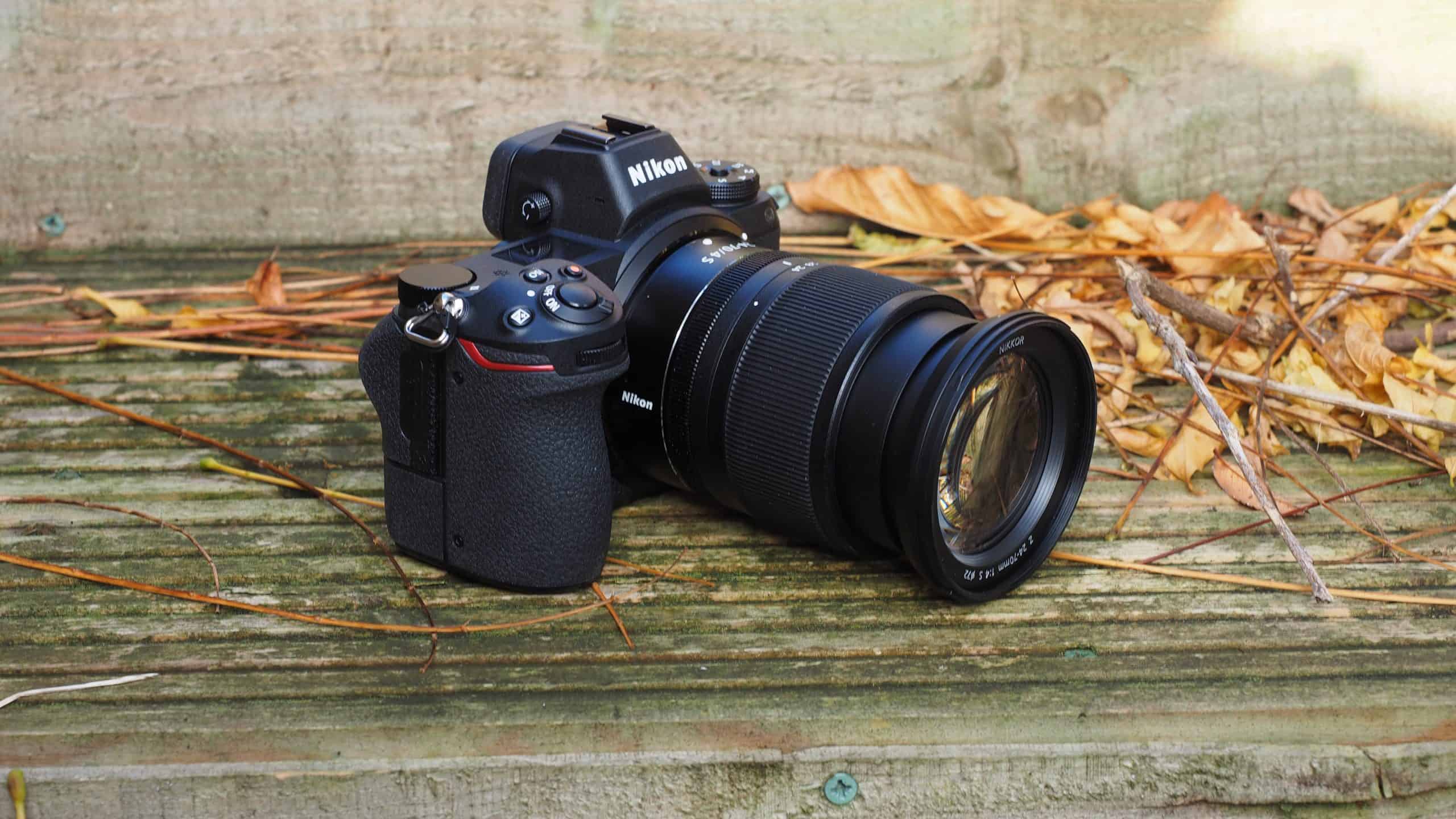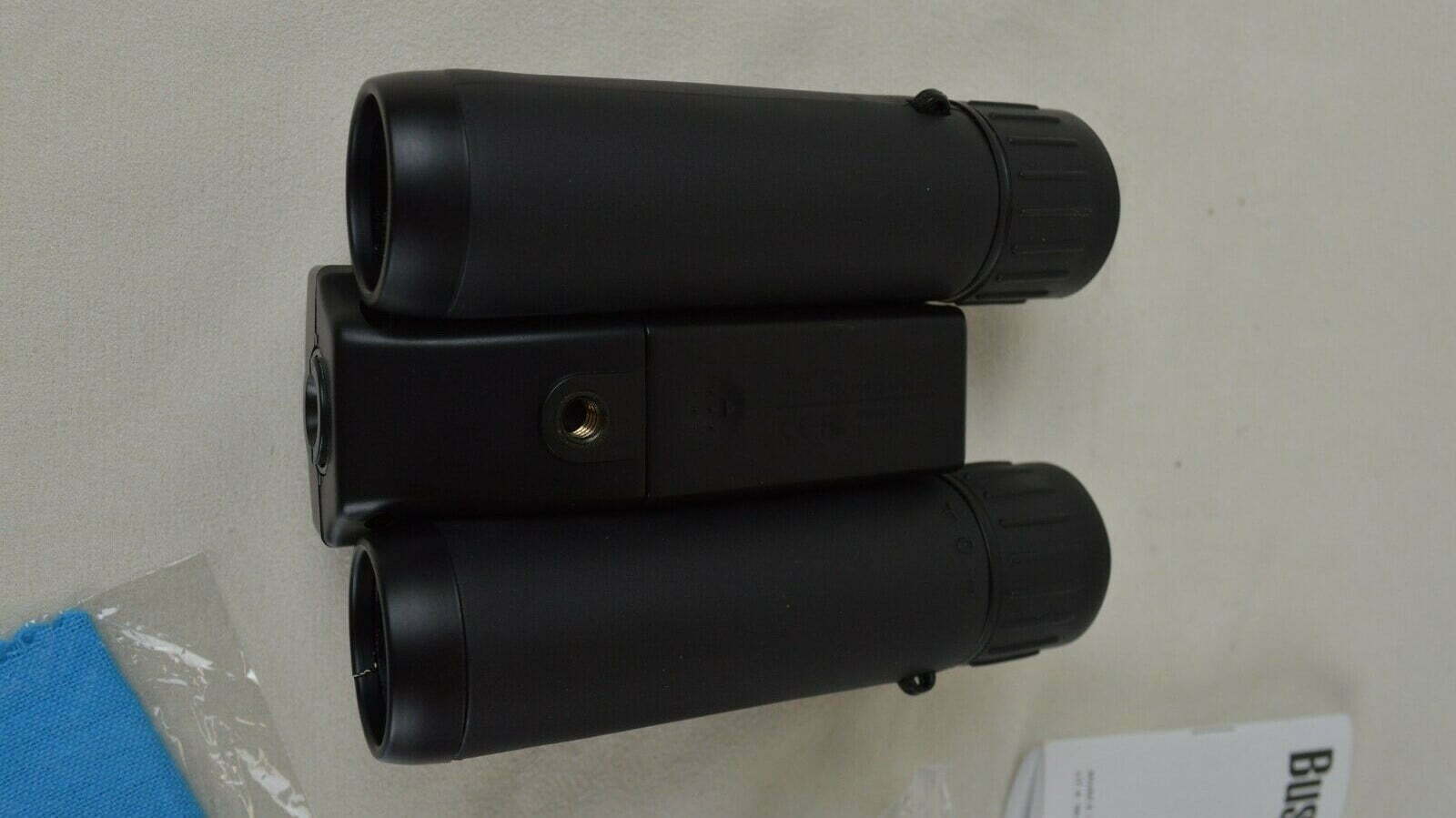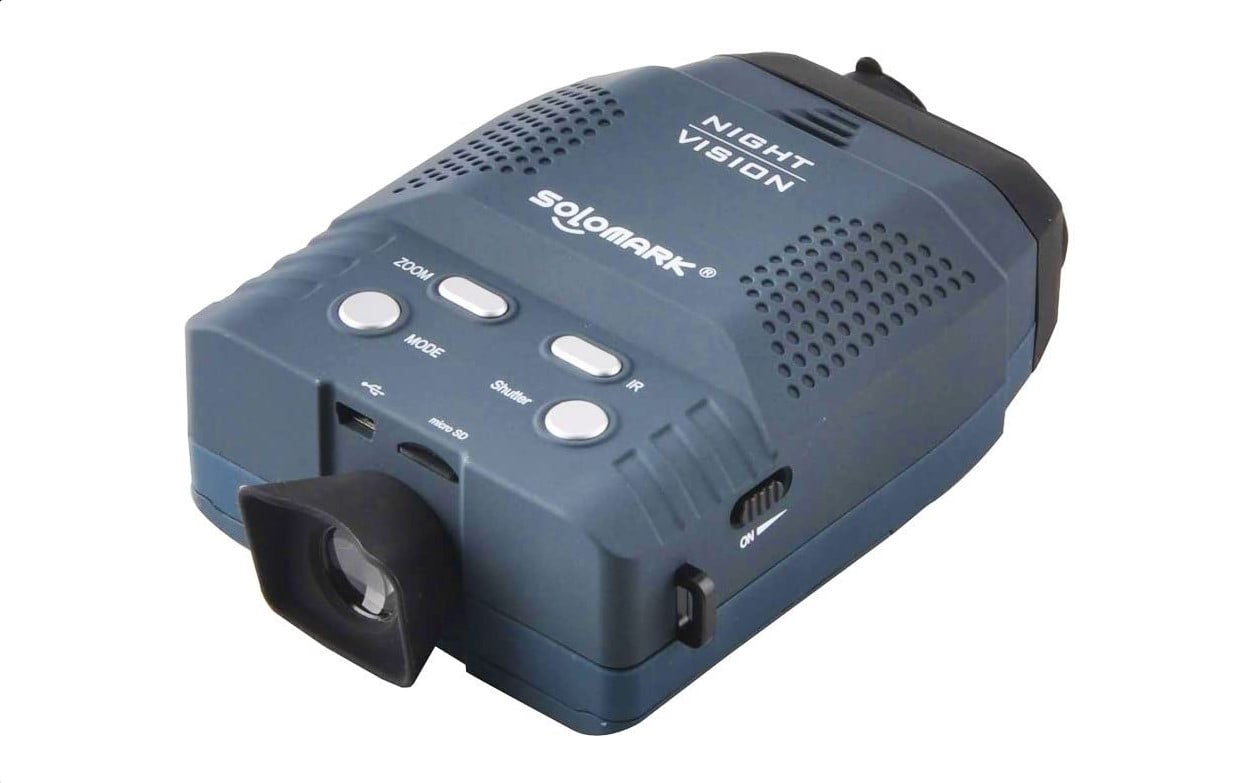To find the best digital camera for filmmaking, you’ll need to determine the features that are right for you and your home. We recommend that you favor easy-to-use cameras built with lightweight, durable metal alloys similar to magnesium alloy, with a modern full-frame sensor or medium format sensor, and processors capable of resolutions of at least 20 megapixels and 1080 full HD or 4K ultra HD video at 60FPS. Features like 10x optical zoom, image stabilizers, and film look simulation technology are also good to look out for. These are just some of the features to look for in a digital camera or point-and-shoot device.
After analyzing hundreds of reviews amongst a multitude of products with varying price points and features, we’ve determined that the Canon EOS Rebel is the best digital camera for filmmaking you can buy on the market today. Keep reading about this and our other top picks to learn more and select the best digital camera for your skill level.
Top 10 Best Digital Camera For Filmmaking
#1 CANON EOS Rebel Digital Camera For Filmmaking
Award: TOP PICK
WHY WE LIKE IT: Extremely lightweight and super compact, it also has plenty of modern features for both still and video photography for a fun, easy-to-use video camera great for vacations and outdoor trips.
- 24.1MP sensor
- Light and compact 1.5lb build
- Dual-Pixel CMOS Autofocus functionality
- Slightly more fragile build than some on market
The Canon EOS Rebel is a compact, lightweight full-format digital camera With a 24.1 Megapixel CMOS (APS-C) sensor and DIGIC 8 image processor for high-quality, detailed images and the ability to shoot ultra HD 4K, 60fps video. Features like 4K time-lapse shooting, creative assist for viewing your shots with a variety of filters and styles applied before transfer to devices, and a 9-point autofocus system make it great for professional videography and filmmaker and digital media production.
The light, compact design makes it ultra-portable, but slightly more fragile than other models, but its plethora of aforementioned features in addition to others like WiFi and Android/iOs connectivity, and Vari-angle Touch Screen make it an extremely versatile model. For an intuitive, modern, feature-rich, and highly portable filmmaking tool, it’s a terrific value. For exceptional picture quality, you might also check out the best medium format digital camera.
#2 Sony a7 III ILCE7M3 Digital Camera For Filmmaking
Award: HONORABLE MENTION
WHY WE LIKE IT: Ultra HD high-speed video, 24.2MP BSI full-frame still shooting, and HDR mode rounds out an extremely advanced, precision design with high modularity for an excellent filmmaking tool.
- Offers smartphone control
- 24.2-MP Exmor R CMOS sensor
- Dual-Pixel CMOS Autofocus functionality
- Somewhat heavy at 1.9lb
- Higher price point than some in class
The Sony A7 III is a high-performance digital camera designed for filmmakers, videographers, and digital photographers who also need professional-grade video capture options. Its advanced Exmor R CMOS sensor captures 24.2 megapixel still images. It captures 2K Ultra HD, 60FPS video, and features multiple display and connectivity options including HDMI, micro-USB, built-in Wi-Fi, and Android/iOS interfacing including options to remotely control the camera with your mobile device. That said, if your digital camera doesn’t record you’ll know something is wrong with one of these features.
From its next-generation 4D Focus extra-wide image processing and capture technology to its multiple shooting modes, filters, hi-res, back-illuminated sensor, and connectivity, it’s an incredibly feature-rich and ultra-modern option that can deliver professional-level results for still photography and video. It’s slightly bulkier and heavier than some models in its class, and its higher price point may be more than is practical for more casual filmmakers, it’s a next-generation performer and even a much better option to point-and-shoot cameras.
#3 Sony Alpha A6100 Digital Camera For Filmmaking
Award: BEST FOR SPORTS SHOOTING
WHY WE LIKE IT: Advanced precision subject-tracking autofocus technology and high-FPS shutter speeds allow for capturing high-action scenes, such as the type you are likely to find at sporting events.
- 4K, 60FPS video capture
- Fast Hybrid autofocus for easy following of fast-moving subjects
- External mic input for high-quality audio
- Complex controls may be harder for beginners
The Sony Alpha A6100 is a digital camera that captures 24.6MP still images and 2160p, 60FPS video. Its advanced Fast Hybrid AF autofocus technology tracks subjects with high precision and speed, allowing for detailed, rich footage of even very fast-moving subjects and action. Two different still shooting modes allow for continuous shooting of up to 8 and 11FPS, respectively, making it perfect for capturing sports and other fast-action scenarios in both video and still formats.
Dual HDMI connectivity, a light 1.2lb build, an external microphone jack and a 180-degree tiltable 3” LCD screen round out this high-performing model, but it may be more feature-rich and complex to operate than filmmakers and photographers with conventional needs require. But for an advanced, precision tool for capturing fast action, it’s an excellent choice. You may also enjoy the best binocular camera for capturing up-close moments at sporting events.
#4 Blackmagic Design Pocket Cinema Digital Camera For Filmmaking
Award: BEST CINEMATIC LOOK
WHY WE LIKE IT: High Dynamic Range, excellent low light performance, and a specialized video file format make this compact, lightweight camera great at achieving celluloid looks in a pocket-sized package.
- 4 microphones for dynamic audio capture
- Extra-large, 5” Tiltable LCD display
- Durable, lightweight Carbon fiber composite build
- Still image resolution is a fairly low 8.8 megapixels
The Blackmagic Pocket Cinema Camera 4K model is a digital video and still, a camera that features a 4/3 image sensor with 4096 x 2160 (4K) video resolution, 8.8MP still image resolution, and an MFT lens mount. Its lightweight, compact 1.53lb Carbon fiber composite build allows for comfort and ease during long shoots and its extra-large 5” tiltable LCD display allows for more accurate shot composition.
Its high dynamic range allows for the rich blacks and clear whites found in Hollywood films, and its Black Magic OS is one of the industry’s most advanced camera operating systems, allowing for exceptional low light performance and further helping to reproduce the rich details of the film. Its 4k model’s still image resolution is a fairly low 8.8 megapixels, making it less suitable for still photography, though the pricier 6K not only ups the video resolution but allows for 22MP still images.
#5 Sony Alpha a6500 Mirrorless Digital Camera For Filmmaking
Award: BEST QUALITY
WHY WE LIKE IT: Best-in-class performance, image clarity and richness, advanced image stabilization, and autofocus technology for a truly professional-level filmmaking option.
- 425 phase-detection Autofocus points
- 5-axis in-body image stabilization
- 11FPS continuous still shooting at 24.2 MP
- One of the highest price points in class
The Sony Alpha a6500 is a top-in-class digital camera designed to perform exceptionally with video. Its 24.2 MP Exmor CMOS sensor has an extremely fast-for-class autofocus speed (0.05 sec.) and the highest number of phase-detection AF points (425). It also features in-camera 5-axis optical image stabilization for every lens and additional enhanced AF features including easy-to-use and immediate touchscreen AF interaction.
It captures video up to 4K/60FPS and other pro video features including 2.4x oversampling with full pixel readout and no pixel binning, making it both among the highest performing still and video cameras available in full-format. This top performance and image quality comes with a significantly higher price point than most in-class, but for professional filmmaking purposes, few can match it.
#6 Nikon Z6 Digital Camera For Filmmaking
Award: BEST VERSATILITY
WHY WE LIKE IT: Extreme modularity, some of the best-in-class low light performance, ultra-fast autofocus, and multiple shooting and mounting options make this one of the most versatile filmmaking tools in class.
- Compatible w/ 360 F-mount NIKKOR lenses
- Low-light performance up to ISO 51
- 12 FPS continuous shooting shutter speed
- On the pricier side
The Nikon Z6 is a digital camera designed to be an all-around option for those seeking a high-performance balance between resolution, speed, and low-light performance. With 12 FPS 12-bit RAW or JPEG continuous shooting shutter speeds, 4K Ultra HD video with full pixel readout, some of the best low-light performance in class up to ISO 51, and a lightweight mirrorless design, it’s comfortable to use and produces professional results in a large variety of shooting conditions. For another option, check out our Panasonic G85 review.
A full-frame lens mount and integration with Nikon’s DSLR system including over 360 different NIKKOR F-mount lenses further make it one of the most adaptable, modular cameras available in-class, though at a significantly higher price point than many similar models. For professional results with impressive versatility, it’s a great investment.
#7 Olympus OM-D E-M1 Mark III Digital Camera For Filmmaking
Award: BEST DURABILITY
WHY WE LIKE IT: Ultra weather and damage-proof construction, medium-format quality still shooting, and Ultra HD Video capture make a nails-tough tank of a camera perfect for rough conditions.
- Joystick-selectable autofocus modes
- 50MP CMOS sensor
- Dustproof/splashproof/freezeproof magnesium alloy build
- Significantly heavier than most in class at 3.17lbs
The Olympus OM-D E-M1 Mark III is a digital camera capable of medium-format-level 50MP still images and 4K DCI 2160p/4K UHD 2160p video shooting. Its multiple joystick-controllable autofocus modes give it flexibility and fast-action shooting capability above those that are typical for this class and its ISO 100-25600 range makes it a good performer in low-light conditions.
The Olympus’s magnesium-alloy dustproof/splashproof/freezeproof build means it can stand up to harsh weather and environmental conditions far better than many in its class, but this also adds to its weight (3.17lbs) and bulk significantly. However, its high-resolution still and multiple Ultra HD video capabilities, superb autofocus features, and tank-like build make it an excellent choice for the filmmaker and photographer looking for professional results in the harshest shooting conditions. If you need a less-advanced option, our best digital camera for kids is an excellent option.
#8 Fujifilm X-T4 Digital Camera For Filmmaking
Award: BEST IMAGE STABILITY
WHY WE LIKE IT: Ultra-HD video performance meets advanced image stabilization technology and a highly adjustable, large LCD viewfinder for easy shot composition and tripod-like results with handheld flexibility.
- 5-axis compensation stabilizer
- Ultrasonic vibration self-cleaning sensor
- ETERNA Bleach Bypass mode simulates film look
- High learning curve for beginners and intermediate users
The Fujifilm X-T4 is a digital camera designed for professional filmmaking and still photography that shoots 1080p, 60K video, and 22.1MP still images with a focus on image stability to produce tripod-like results with the added flexibility of handheld techniques, and advanced autofocus technology for easier subject tracking. Its 5-axis compensation image stabilizer allows fluid, Steadicam-like camera movement with fast autofocus to keep subjects clearly defined, while its patented ETERNA Bleach Bypass shooting mode simulates a film-like look for added cinematic flair.
Its complex controls and number of features mean it’s less suitable for beginning or intermediate filmmakers. However, it’s capable of producing highly cinematic, beautiful footage often difficult for handheld digital cameras to achieve, which makes it a good choice for filmmakers looking to capture some Hollywood magic. For more Fujifilm options, check out our best Fujifilm cameras guide.
#9 Canon EOS 5D Mark III Digital Camera For Filmmaking
Award: BEST ERGONOMICS
WHY WE LIKE IT: A high-end digital still camera with enough video capture power for filmmakers and 35mm photographers who want a camera equally capable of both.
- Comfortable ergonomic design for long shoots
- 22MP full-frame CMOS sensor
- 61-point autofocus system
- No 4K video capture option
The Canon EOS 5D Mark III is a digital camera designed to meet the needs of working photographers and filmmakers who want high-end performance and reliability for both still photography and video purposes. Its full-frame CMOS sensor captures 22MP images and 1080p/60FPS video, with a precise 61-point autofocus system for consistently clear subjects- great for shooting weddings and other public events.
Its comfortable, ergonomic design makes it excellent for long, demanding shoots, and its extended ISO range of 100-25600 makes it equally useful for low-light, studio, and outdoor shoots. While some filmmakers may find its lack of 4K UltraHD video capture less palatable, it’s a feature-rich, industry-standard choice for busy, working professionals who require both still and video capabilities in a reliable, comfortable, high-performance option.
#10 Canon PowerShot SX740 Digital Camera For Filmmaking
Award: BEST ON A BUDGET
WHY WE LIKE IT: A great camera for filmmaking on a budget. It’s a good choice for casual filmmakers and vloggers, and it’s one of the lightest digital cameras on the market capable of ultra HD filmmaking and comes loaded with other image optimization features.
- Extremely light, at .61lb
- Fully-tiltable 3” viewfinder
- Ultra HD 60FPS and slow-mo modes
- Lack of modularity
- Less durable than many models
The Canon Powershot SX740 is an ultra-light, compact digital camera designed to deliver high-quality video and still images in a very easy-to-use package at a price point modest enough for beginner or intermediate filmmakers and vloggers. If you’re not convinced, you can learn what camera YouTubers use to vlog with our article. In addition to capturing 22MP still images and 4K/60FPS and 4K slow-motion video, it features advanced Optical Image Stabilizer technology and powerful 40x Optical Zoom for increased flexibility and ease of use.
It’s extremely lightweight partially due to its plastic and light metal build which makes it less durable and weatherproof than many HD video digital models, and its lack of modularity means it’s not upgradable. However, it can produce professional-looking results even for the beginner without a high learning curve, and it’s a terrific value for the level of performance it offers. That’s why it’s the best digital camera for beginners on our list.
How We Decided
We preferred full-format or medium format digital cameras (DSLR) designed for high-performance at mid-class price points designed for filmmakers looking for a digital option that can deliver professional results. We favored cameras with advanced video capture features like HDR and ultra high speed shooting for true slow motion and which had a minimum video resolution of 1080p/60k, but preferably 4k/60ps. Even if these are a bit more technical, some fine DSLR cameras are perfect for beginners to intermediates.
We also liked cameras with removable viewfinders, touchscreen LCD displays, directional tilting, and high or medium rigidity with alloy bodies. We also liked modern features like back-illuminated sensors and ergonomic grips for comfortable, safe handling over long shoots. We favored features like in-camera editing software for editing and uploading directly to web media and multiple transfer connections like HDMI, SD, and MicroUSB.
Finally, we preferred DSLR cameras that created 16-bit images with a minimum of 20 megapixels that had excellent color fidelity, shadow detail, and dynamic range for producing lifelike images even after web compression. We favored lenses, sensors, and processors with microscopic seals that are protected from dust, dirt, wind, and moisture even in the most extreme climates and situations. Unfortunately, we didn’t include the top-rated 3D cameras on this list.
Best Digital Camera For Filmmaking Buyer’s Guide
The Most Important Features to Consider
- Resolution and Video FPS
Most high-performance full-format digital cameras feature video capture capabilities in addition, but the maximum resolution and FPS of each model can vary considerably, and even some of the highest-price point medium format cameras don’t go beyond 720p and 30fps for video shooting. A camera that shoots high-quality still images doesn’t necessarily capture high-quality video, in other words. Digital Cameras made with filmmaking in mind prioritize video recording for processing power and overall design, while often still having high res still image sensors capable of 24-megapixel resolutions and higher. For filmmaking, a digital camera should be capable of full UltraHD 4k/60 fps video shooting. That said, the cheapest 4k camera for filmmaking may be lacking in other desired features depending on your needs. - Storage Capacity and Connectivity
High-capacity hard drives or connectivity to external, portable HDDs are a must for serious digital filmmaking. Most digital cameras rely on SD cards for storage whose capacities can vary considerably, but for filmmaking purposes, 68 GB is about the minimum size to look for. Additionally, a variety of connectivity and display options and ports are preferable- built-in WiFi and Android/iOs connectivity is practically a must for sharing smaller files such as single scenes and compressed edits, but a dedicated HDMI or DVI port is also something to look for, for fast display interfacing with monitors, laptops, and desktop computers. - Build
Digital cameras designed for filmmakers should provide a good balance between lightweight, compact design to lessen fatigue over long and difficult shoots and a good amount of durability and weather-proofing for harsh conditions. Most digital cameras for filmmakers find a good balance with light-alloy builds generally not weighing more than 1.75 lbs that still provide a reasonable amount of durability. Some cameras in this class designed for adverse conditions will provide weather-sealed, freeze-proof, tank-like construction but with increased body weight, and some- especially more beginner-oriented models, will feature plastic frames that won’t take nearly as much abuse as higher price-point models. Speaking of frames, check out our roundup for some of the leading digital picture frames where you can portray your photographs.

![10 Best Digital Cameras For Filmmaking in [year] 1 Best Digital Camera For Filmmaking](https://www.gadgetreview.dev/wp-content/uploads/best-digital-camera-for-filmmaking.jpg)


![10 Best Digital Cameras For Filmmaking in [year] 2 CANON EOS Rebel SL3 DSLR Camera, Built-in Wi-Fi, Dual...](https://m.media-amazon.com/images/I/41IL7aPmJZL._SL160_.jpg)
![10 Best Digital Cameras For Filmmaking in [year] 3 Sony a7 III ILCE7M3/B Full-Frame Mirrorless...](https://m.media-amazon.com/images/I/416ZlJrb3vL._SL160_.jpg)
![10 Best Digital Cameras For Filmmaking in [year] 4 Sony Alpha A6100 Mirrorless Camera](https://m.media-amazon.com/images/I/41ciVnDXUTL._SL160_.jpg)
![10 Best Digital Cameras For Filmmaking in [year] 10 Our #4 Pick is the Blackmagic Design Pocket Cinema Digital Camera For Filmmaking](https://m.media-amazon.com/images/I/51GuBs1oMML._SL160_.jpg)
![10 Best Digital Cameras For Filmmaking in [year] 11 Our #5 Pick is the Sony Alpha a6500 Mirrorless Digital Camera For Filmmaking](https://m.media-amazon.com/images/I/41kVtckuLnL._SL160_.jpg)
![10 Best Digital Cameras For Filmmaking in [year] 12 Our #6 Pick is the Nikon Z6 Digital Camera For Filmmaking](https://m.media-amazon.com/images/I/51ScSEwwSYL._SL160_.jpg)
![10 Best Digital Cameras For Filmmaking in [year] 13 Our #7 Pick is the Olympus OM-D E-M1 Mark III Digital Camera For Filmmaking](https://m.media-amazon.com/images/I/41FPOVds2IL._SL160_.jpg)
![10 Best Digital Cameras For Filmmaking in [year] 15 Our #8 Pick is the Fujifilm X-T4 Digital Camera For Filmmaking](https://m.media-amazon.com/images/I/51f4Miys7xL._SL160_.jpg)
![10 Best Digital Cameras For Filmmaking in [year] 16 Our #9 Pick is the Canon EOS 5D Mark III Digital Camera For Filmmaking](https://m.media-amazon.com/images/I/511h9vd9X9L._SL160_.jpg)
![10 Best Digital Cameras For Filmmaking in [year] 17 Our #10 Pick is the Canon PowerShot SX740 Digital Camera For Filmmaking](https://m.media-amazon.com/images/I/41l10Dul+PL._SL160_.jpg)


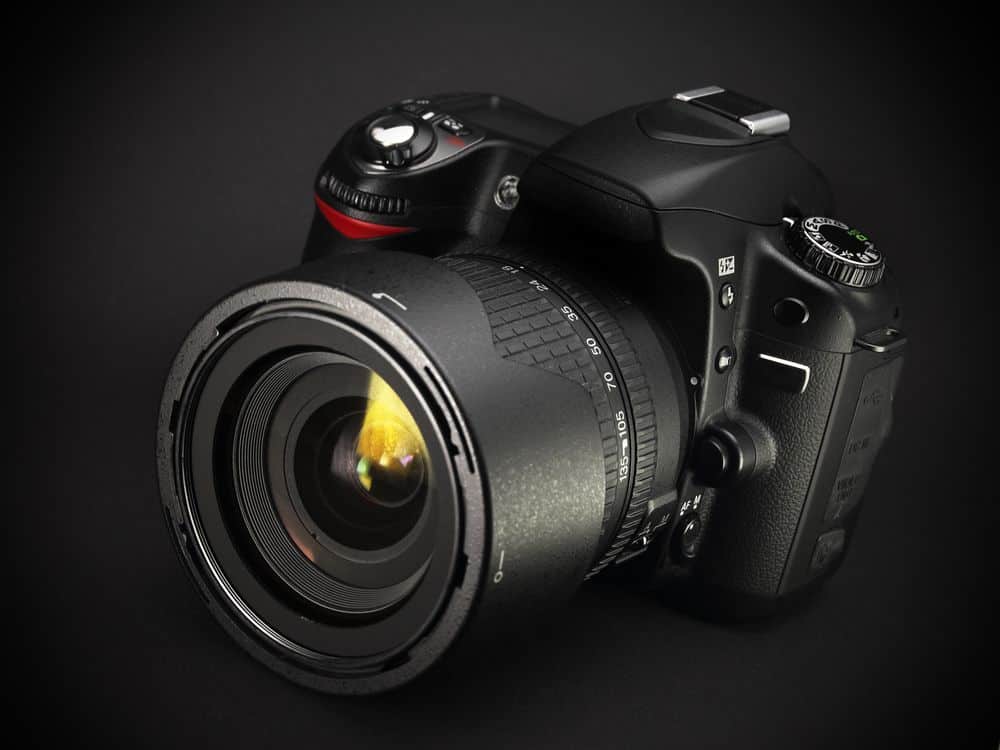
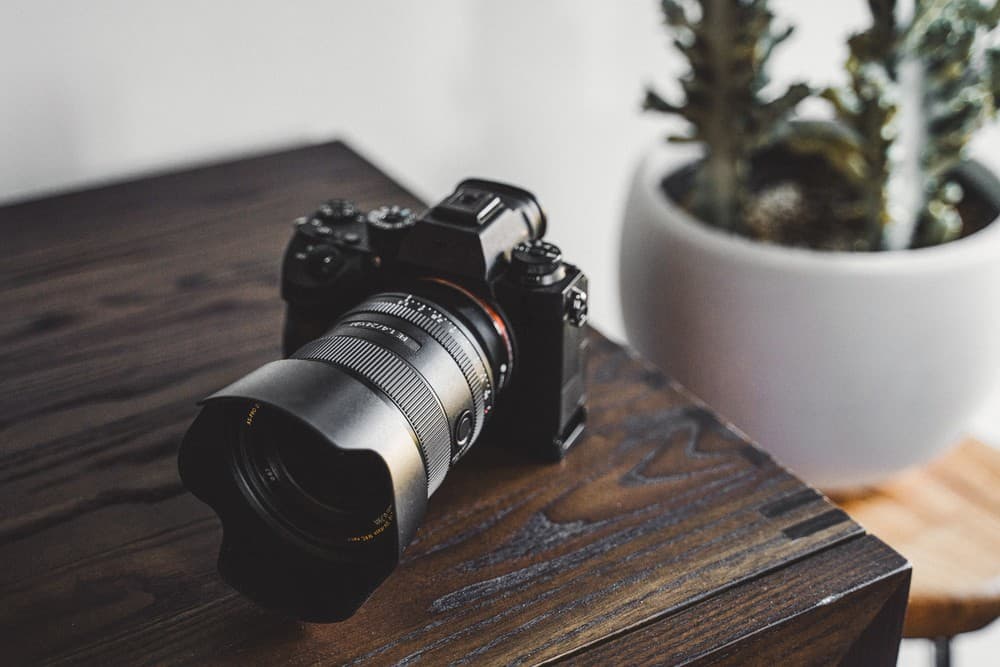
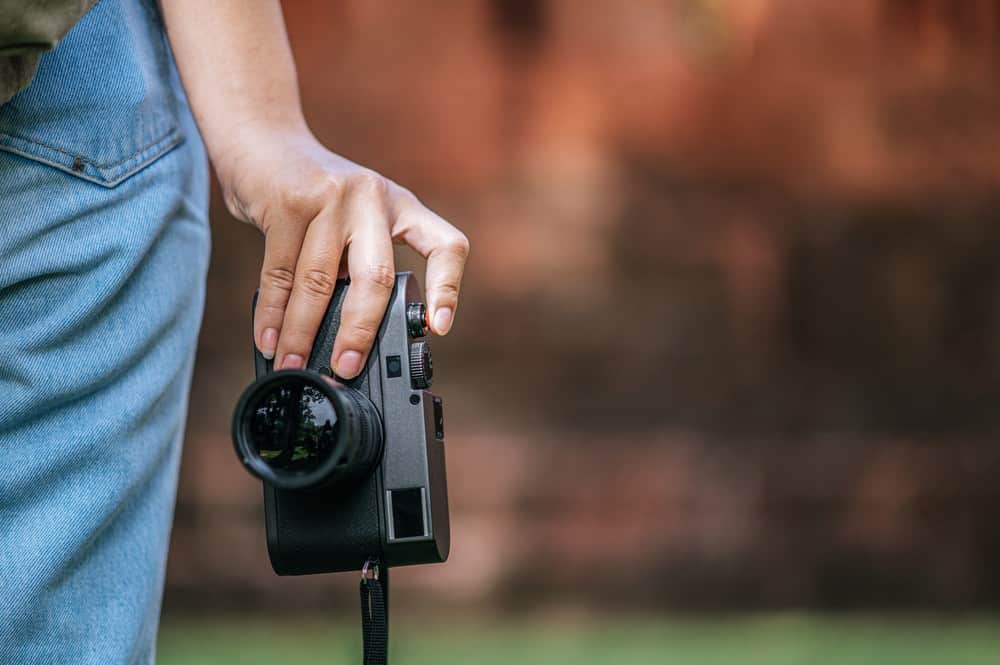
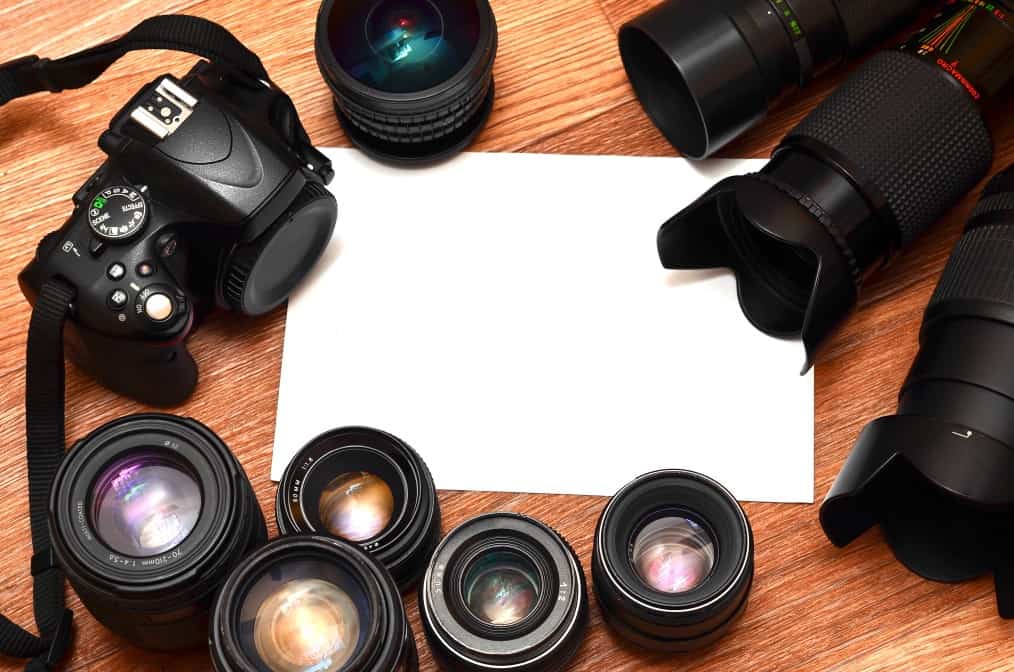
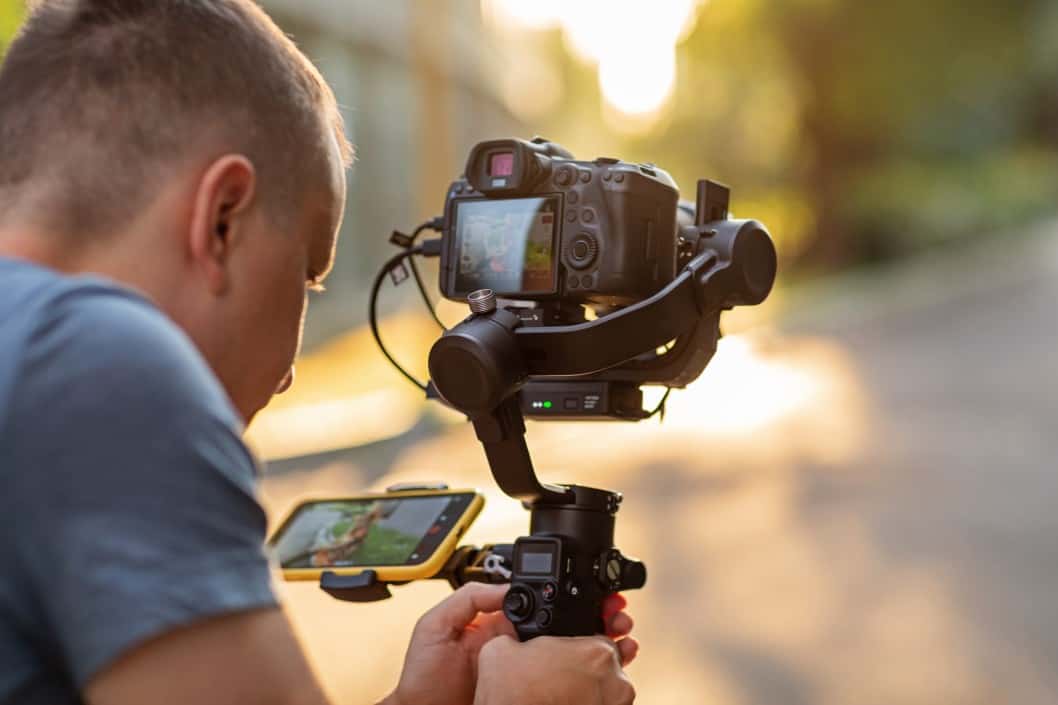
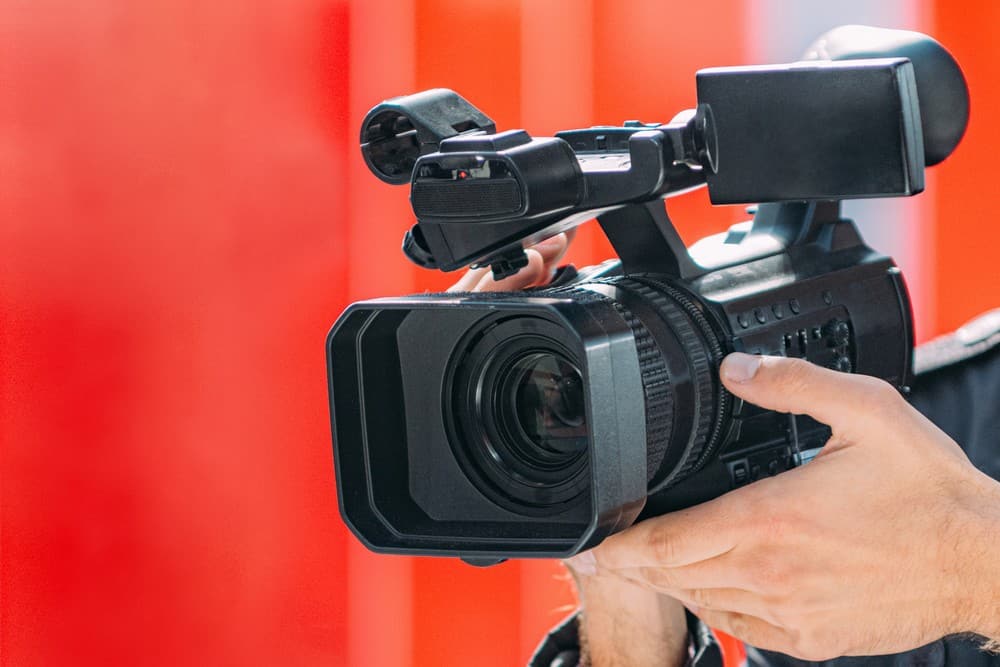
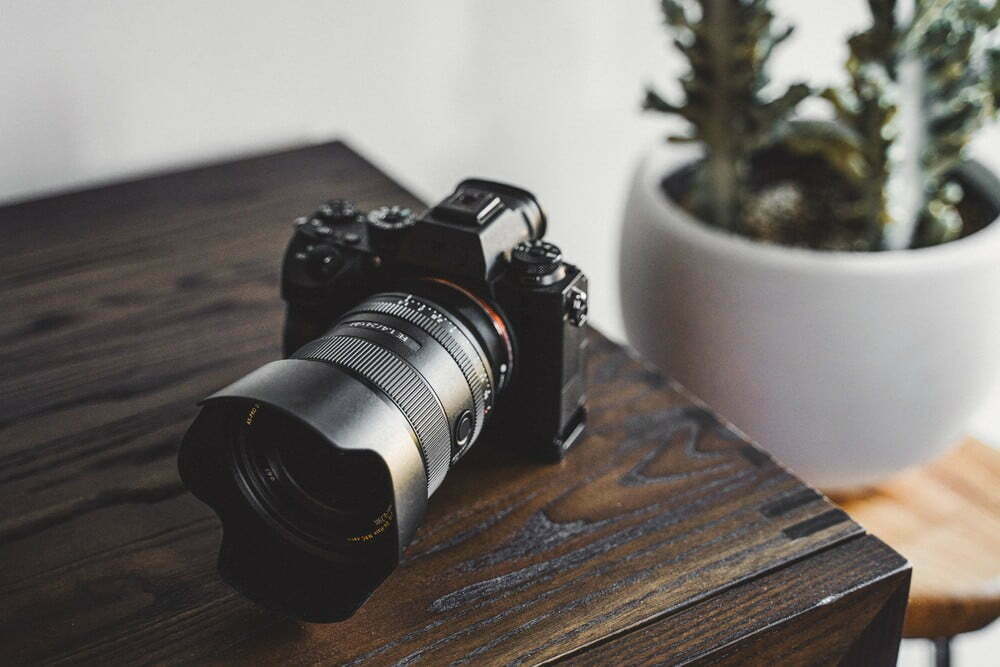
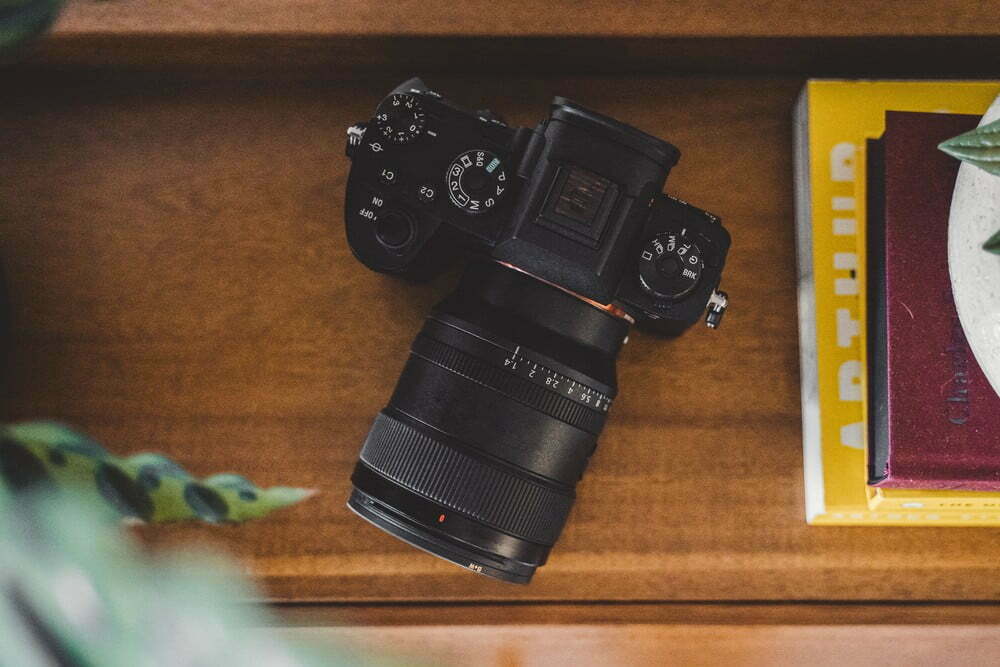
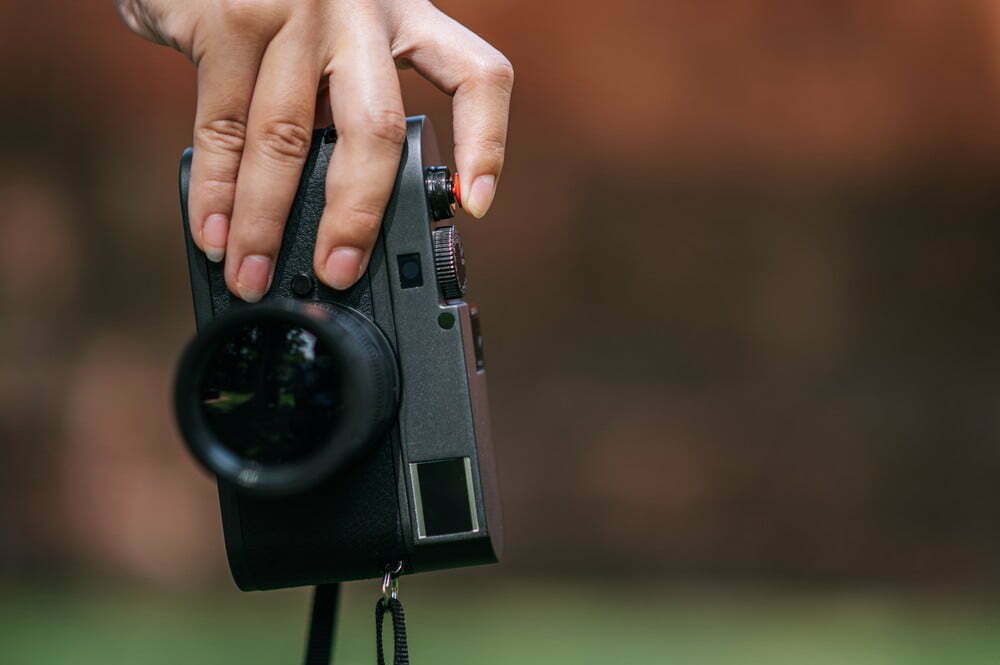
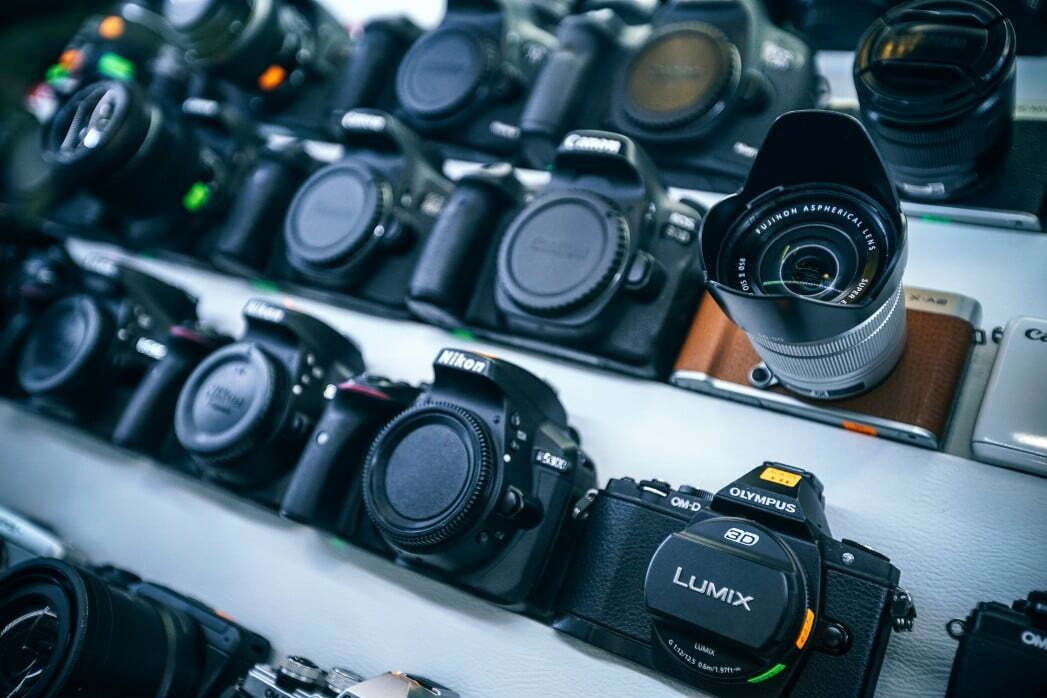
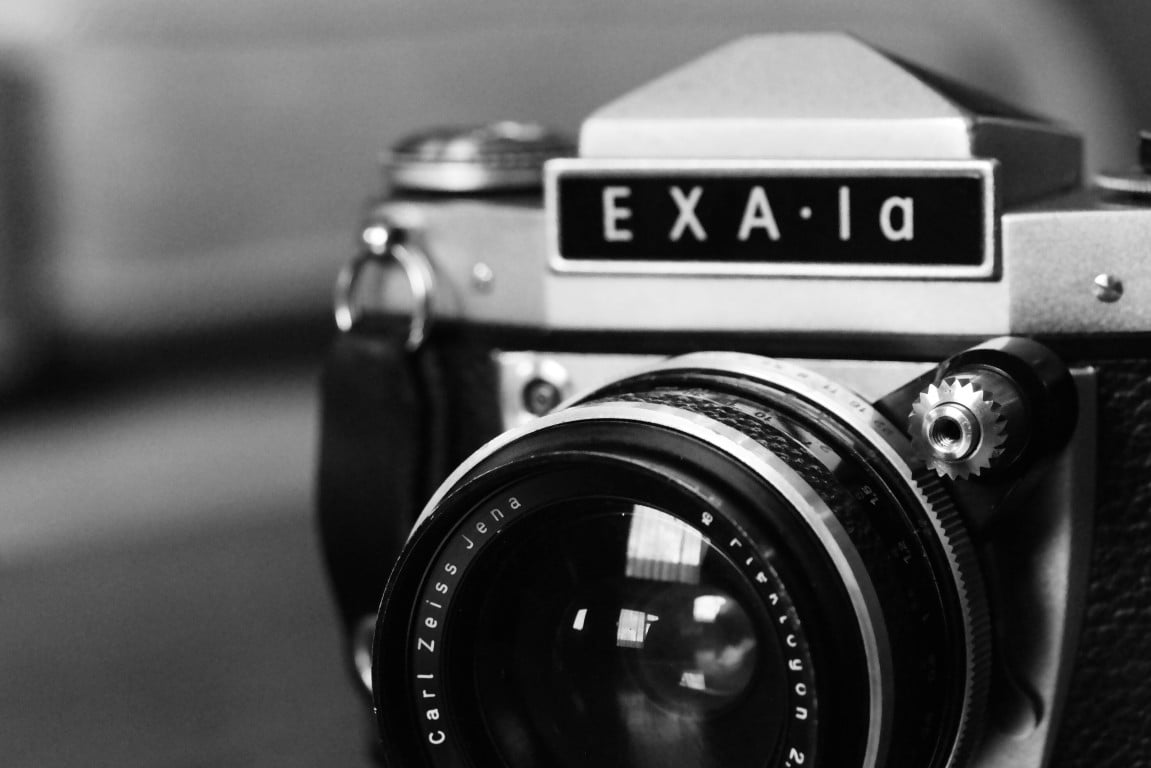
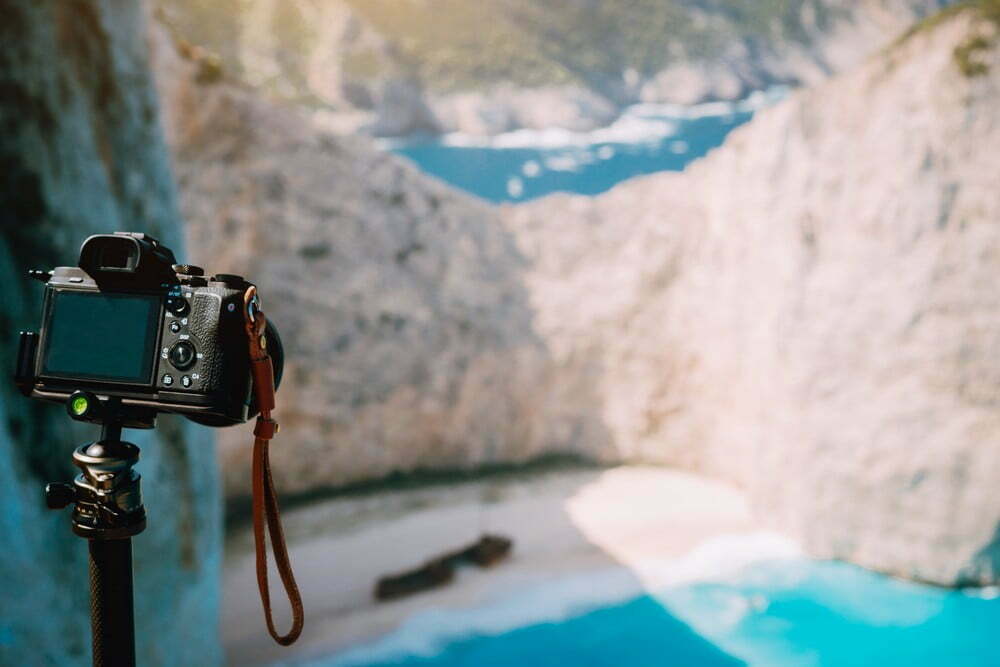
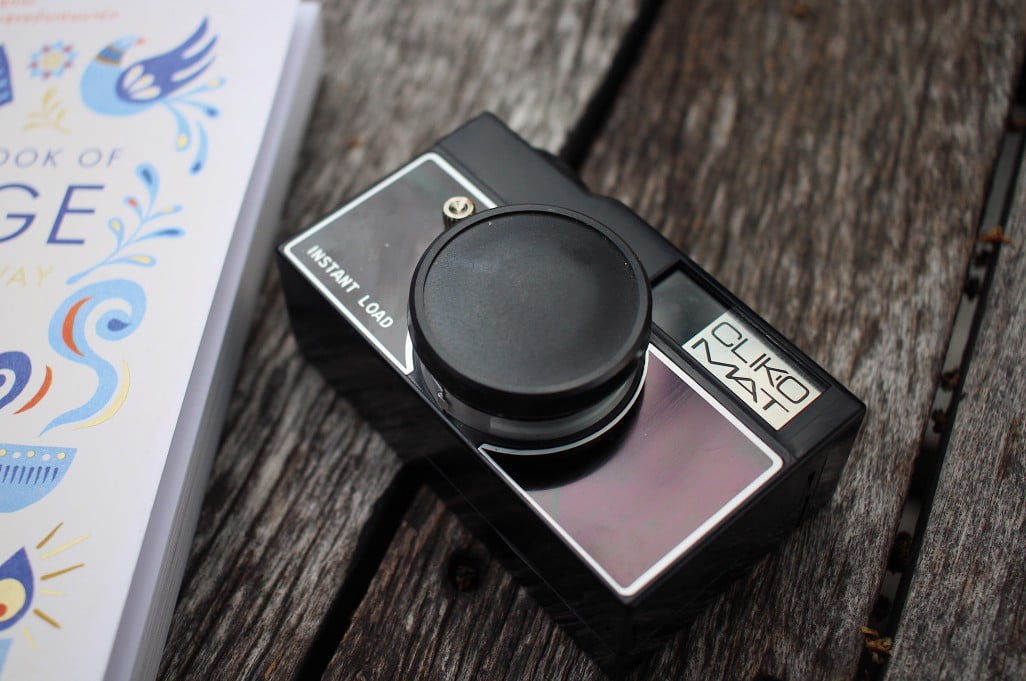
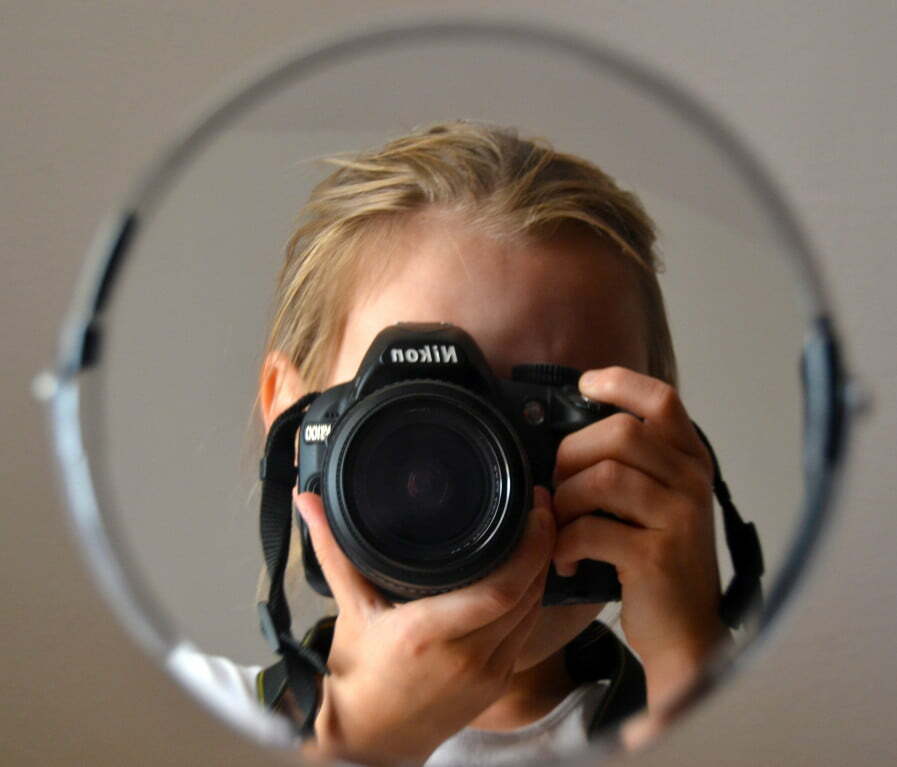
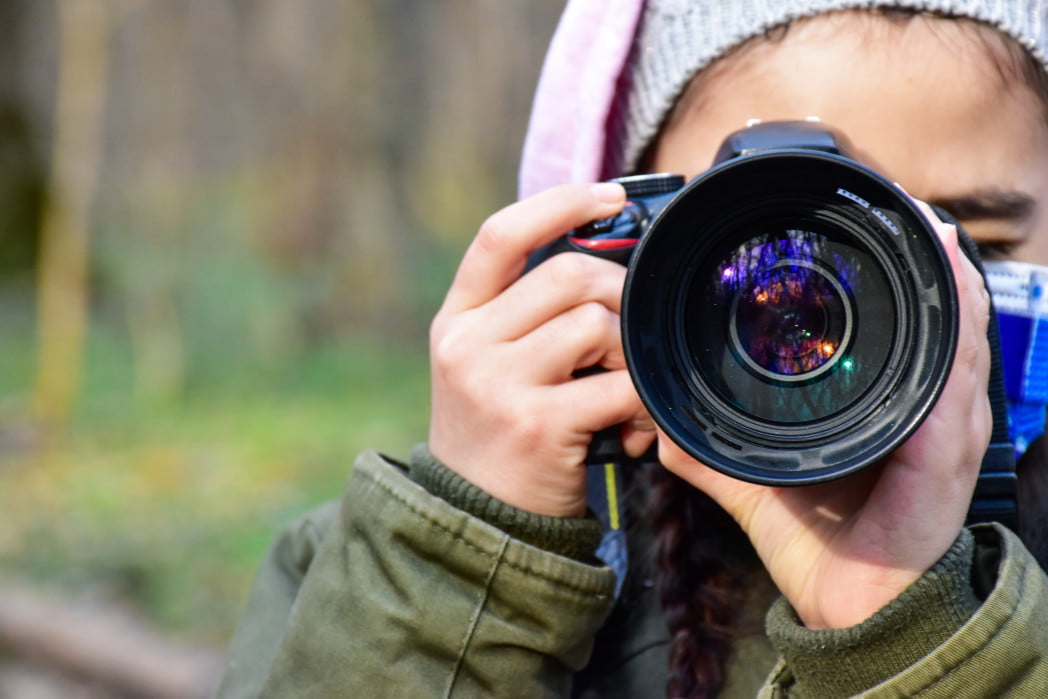
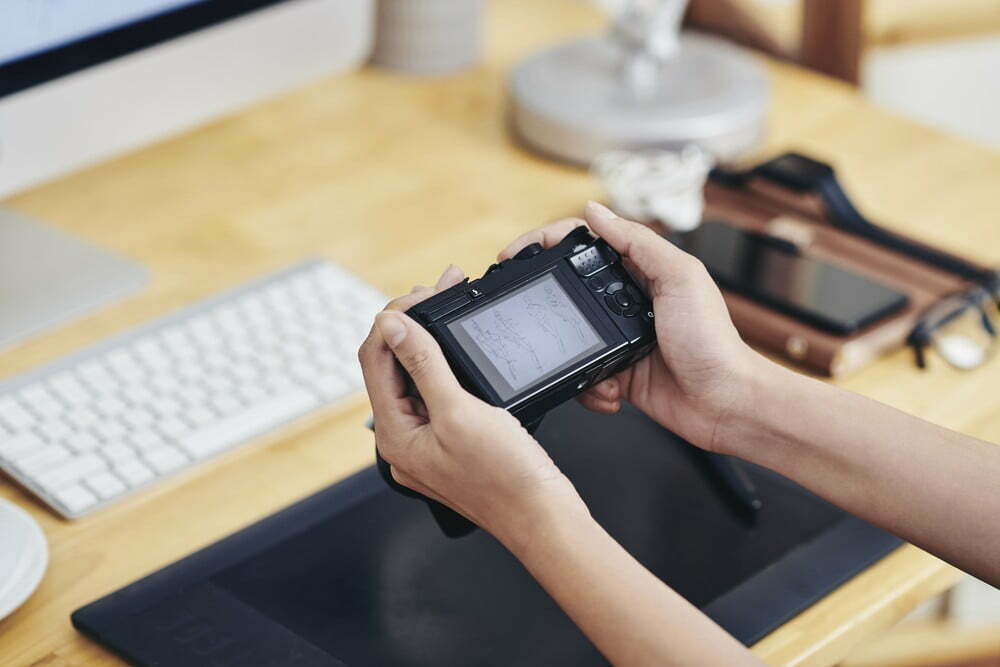
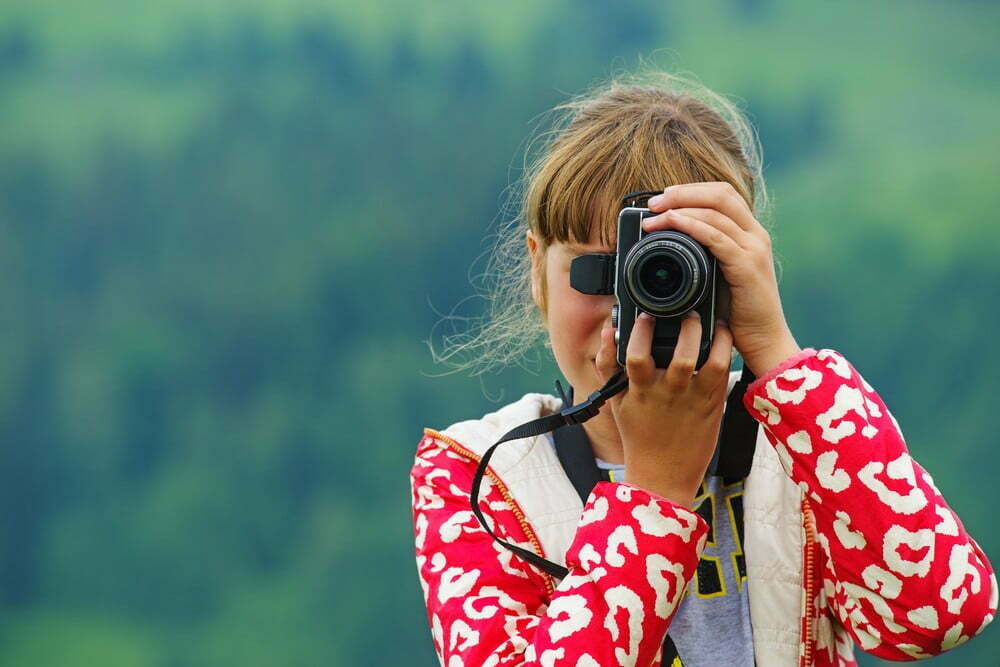
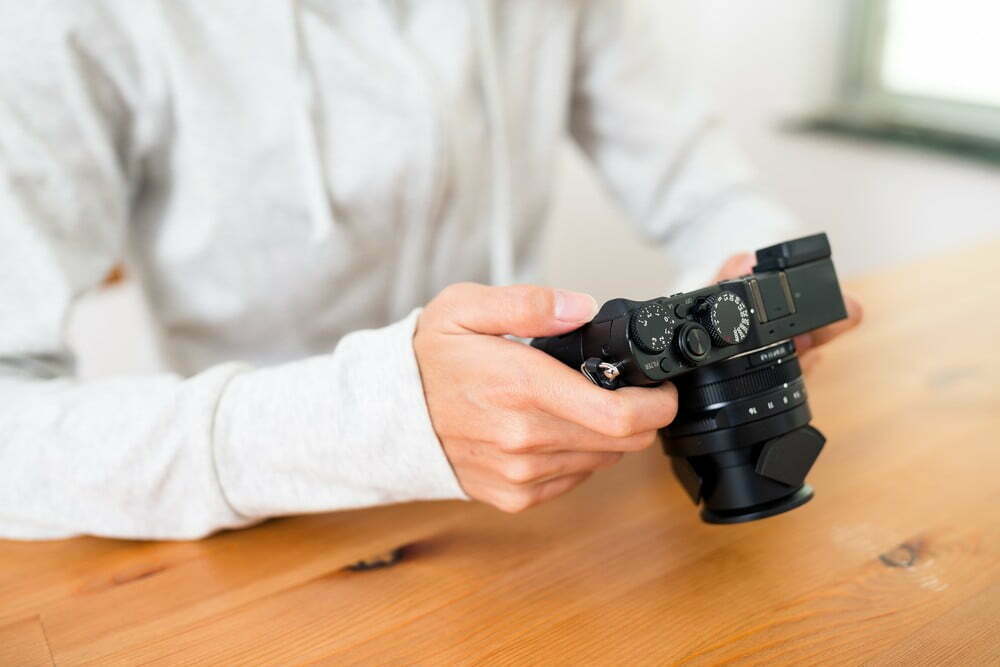
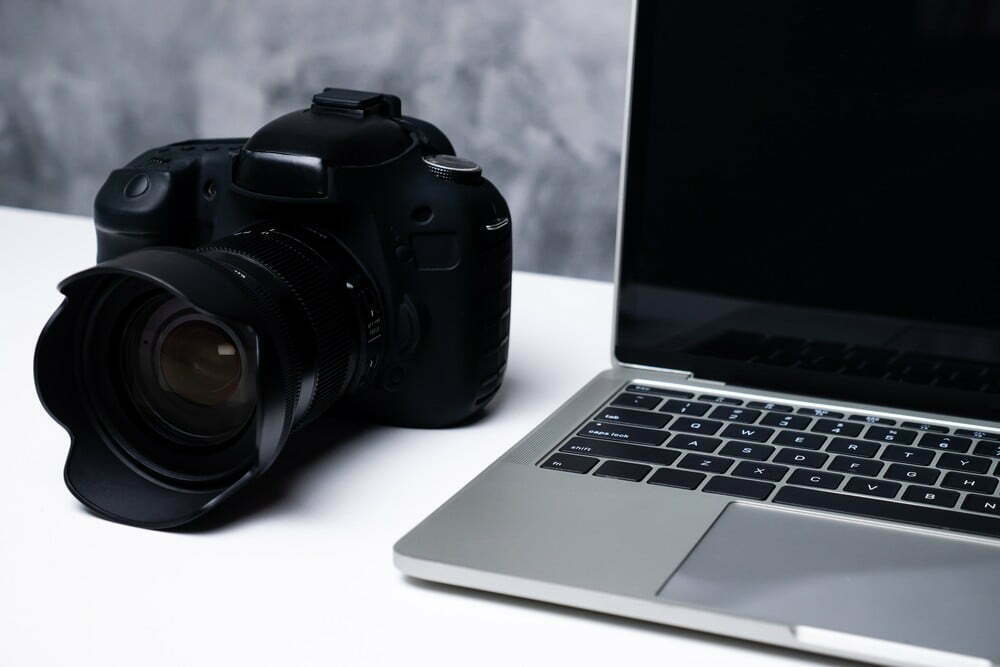
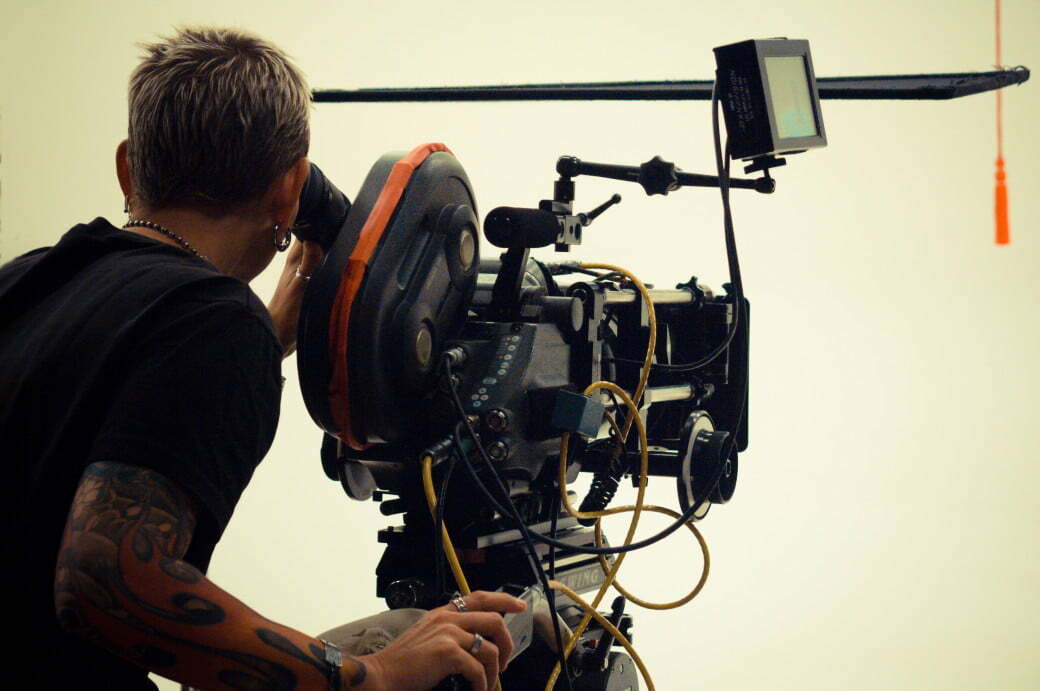
![Best Point and Shoot Camera in [year] ([month] Reviews) 38 Best Point and Shoot Camera in 2025 (April Reviews)](https://www.gadgetreview.dev/wp-content/uploads/Nikon-Coolpix-B500.jpg)
![Best Underwater Camera in [year] ([month] Reviews) 39 Best Underwater Camera in 2025 (April Reviews)](https://www.gadgetreview.dev/wp-content/uploads/best-underwater-camera-image.jpg)
![Best Digital Cameras in [year] ([month] Reviews) 40 Best Digital Cameras in 2025 (April Reviews)](https://www.gadgetreview.dev/wp-content/uploads/what-is-resolution-on-digital-camera-1.jpg)
![Best Digital Camera Docking Stations in [year] 41 Best Digital Camera Docking Stations in 2025](https://www.gadgetreview.dev/wp-content/uploads/best-digital-camera-docking-stations-image.jpg)
![Best Vlogging Camera in [year] ([month] Reviews) 42 Best Vlogging Camera in 2025 (April Reviews)](https://www.gadgetreview.dev/wp-content/uploads/best-vlogging-camera-image.jpg)
![Best Mirrorless Camera in [year] ([month] Reviews) 43 Best Mirrorless Camera in 2025 (April Reviews)](https://www.gadgetreview.dev/wp-content/uploads/best-mirrorless-camera-image.jpg)
![Best GoPro in [year] ([month] Reviews) 44 Best GoPro in 2025 (April Reviews)](https://www.gadgetreview.dev/wp-content/uploads/best-gopro-image.jpg)
![Best Digital Camera Tripods in [year] 45 Best Digital Camera Tripods in 2025](https://www.gadgetreview.dev/wp-content/uploads/best-digital-camera-tripods-image.jpg)
![Best Canon Digital Cameras in [year] 46 Best Canon Digital Cameras in 2025](https://www.gadgetreview.dev/wp-content/uploads/best-canon-digital-cameras-image.jpg)
![Best Polaroid Digital Cameras in [year] 47 Best Polaroid Digital Cameras in 2025](https://www.gadgetreview.dev/wp-content/uploads/best-polaroid-digital-cameras-image.jpg)
![Best Small Digital Camera Cases in [year] 48 Best Small Digital Camera Cases in 2025](https://www.gadgetreview.dev/wp-content/uploads/best-small-digital-camera-case-image.jpg)
![Best Digital Camera USB Cables in [year] 49 Best Digital Camera USB Cables in 2025](https://www.gadgetreview.dev/wp-content/uploads/best-digital-camera-usb-cable-image.jpg)
![Best Digital Camera Bags in [year] 50 Best Digital Camera Bags in 2025](https://www.gadgetreview.dev/wp-content/uploads/best-digital-camera-bag-image.jpg)
![Best Sony Digital Cameras in [year] 51 Best Sony Digital Cameras in 2025](https://www.gadgetreview.dev/wp-content/uploads/best-sony-digital-cameras-image.jpg)
![Best Digital Camera Accessories in [year] 52 Best Digital Camera Accessories in 2025](https://www.gadgetreview.dev/wp-content/uploads/best-digital-camera-accessories-image.jpg)
![Best Kodak Digital Cameras in [year] 53 Best Kodak Digital Cameras in 2025](https://www.gadgetreview.dev/wp-content/uploads/best-kodak-digital-cameras-images.jpg)
![Best Panasonic Digital Cameras in [year] 54 Best Panasonic Digital Cameras in 2025](https://www.gadgetreview.dev/wp-content/uploads/best-panasonic-digital-cameras-image.jpg)
![Best Video Cameras in [year] ([month] Reviews) 55 Best Video Cameras in 2025 (April Reviews)](https://www.gadgetreview.dev/wp-content/uploads/best-video-cameras-image.jpg)
![Best Compact Cameras in [year] 56 Best Compact Cameras in 2025](https://www.gadgetreview.dev/wp-content/uploads/best-compact-camera-image.jpg)
![Best Digital Cameras with Wifi in [year] 57 Best Digital Cameras with Wifi in 2025](https://www.gadgetreview.dev/wp-content/uploads/best-digital-camera-with-wifi-image.jpg)
